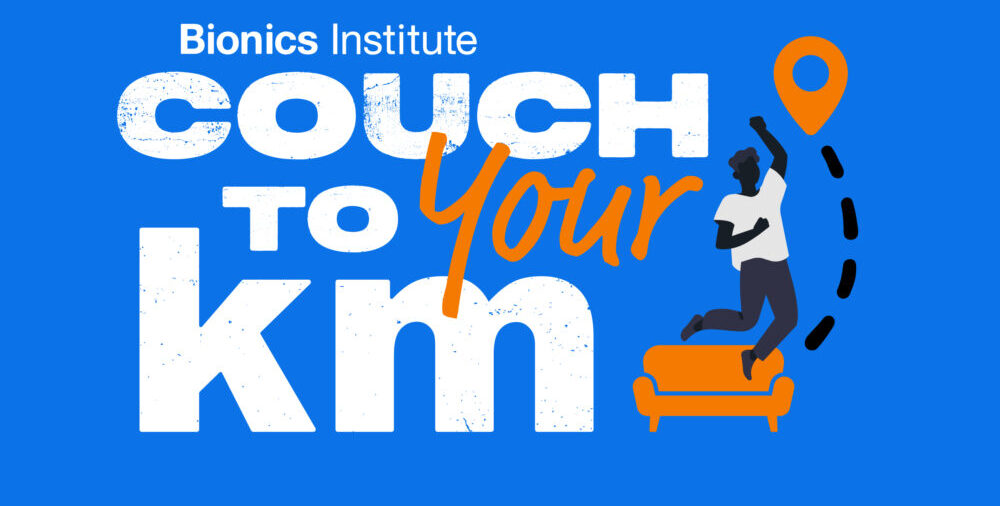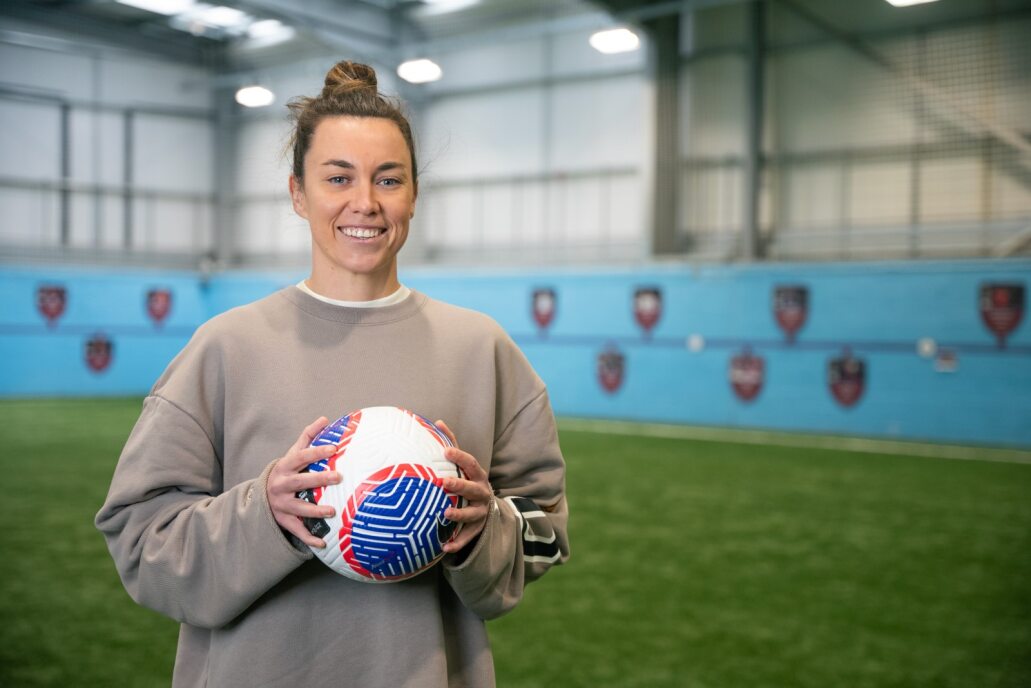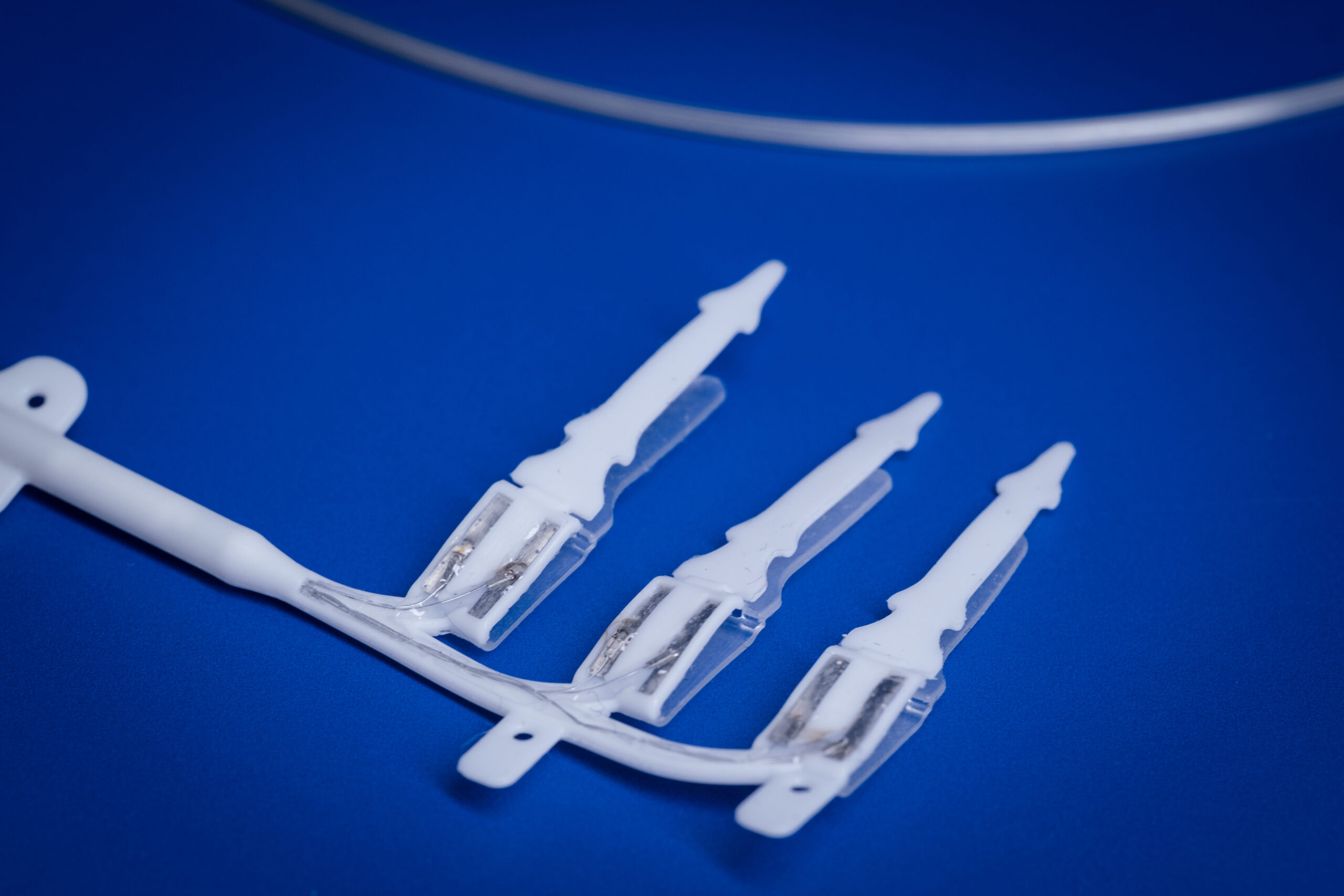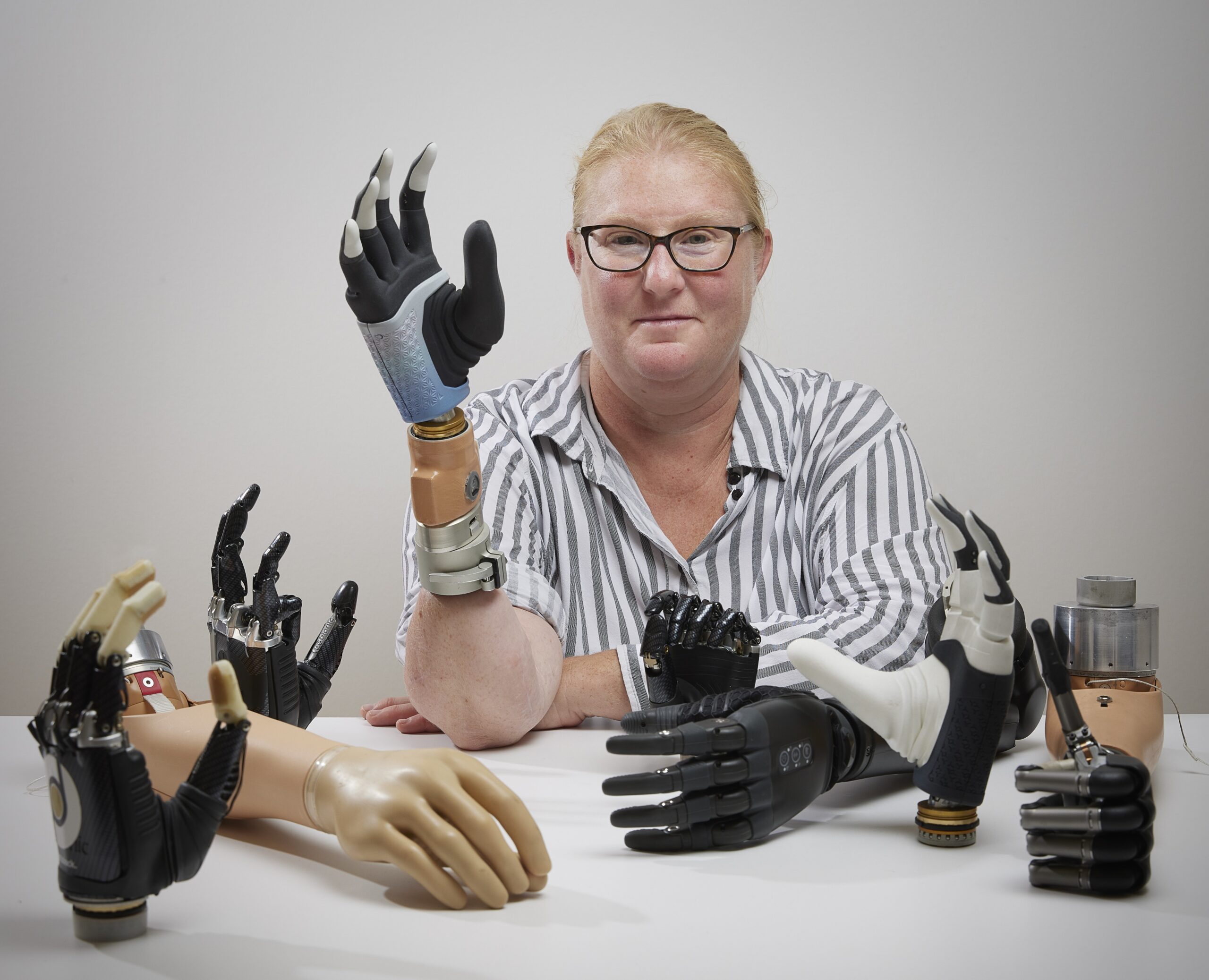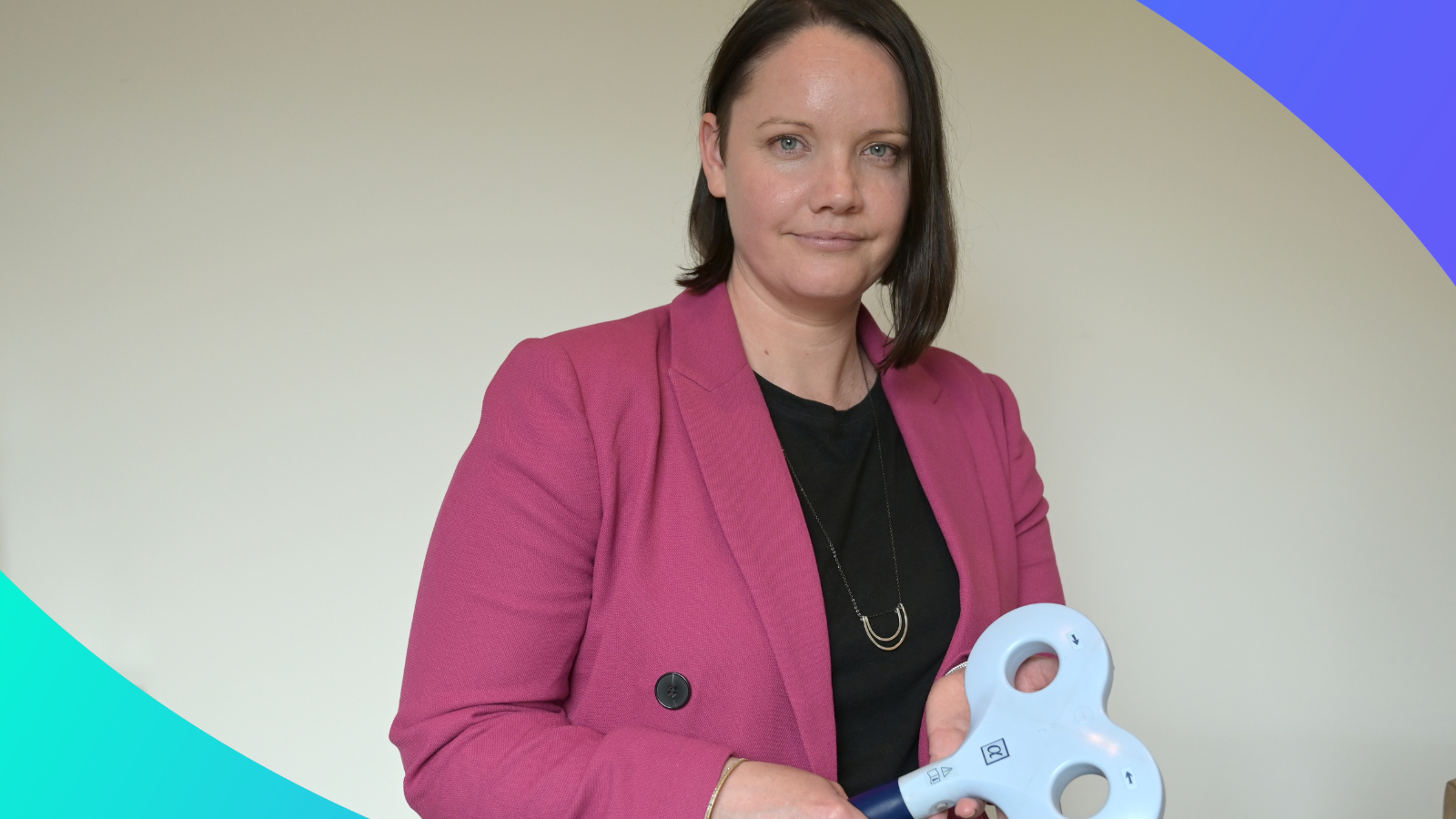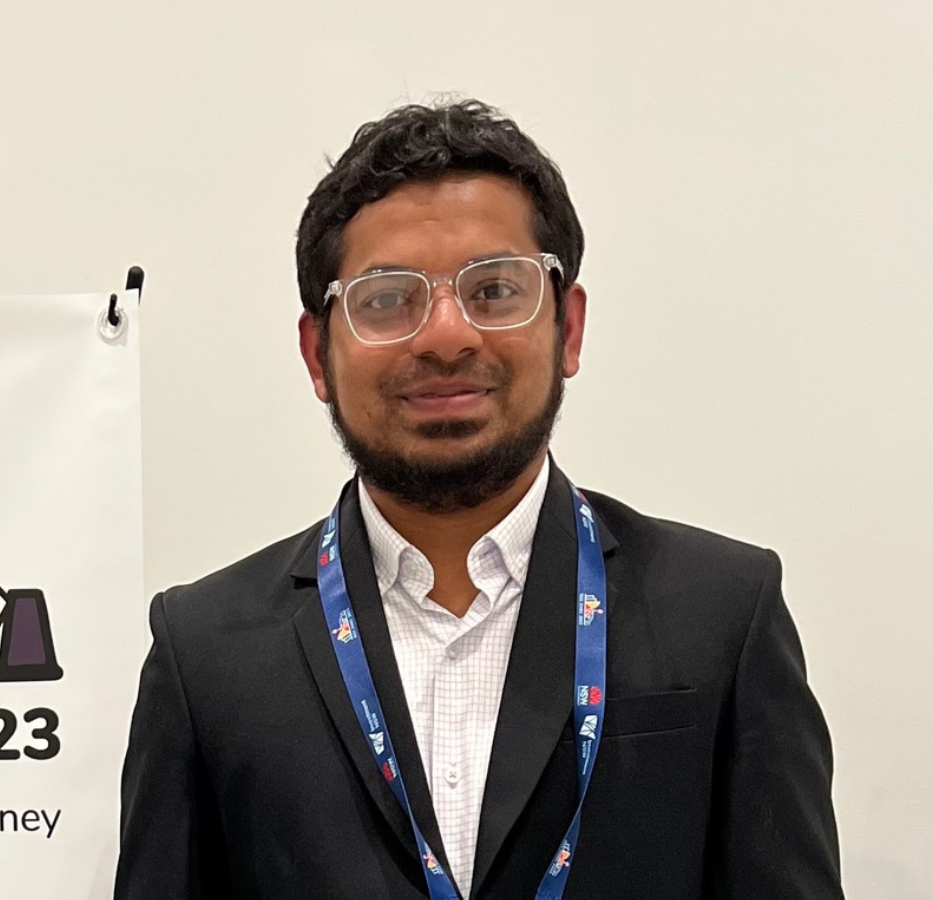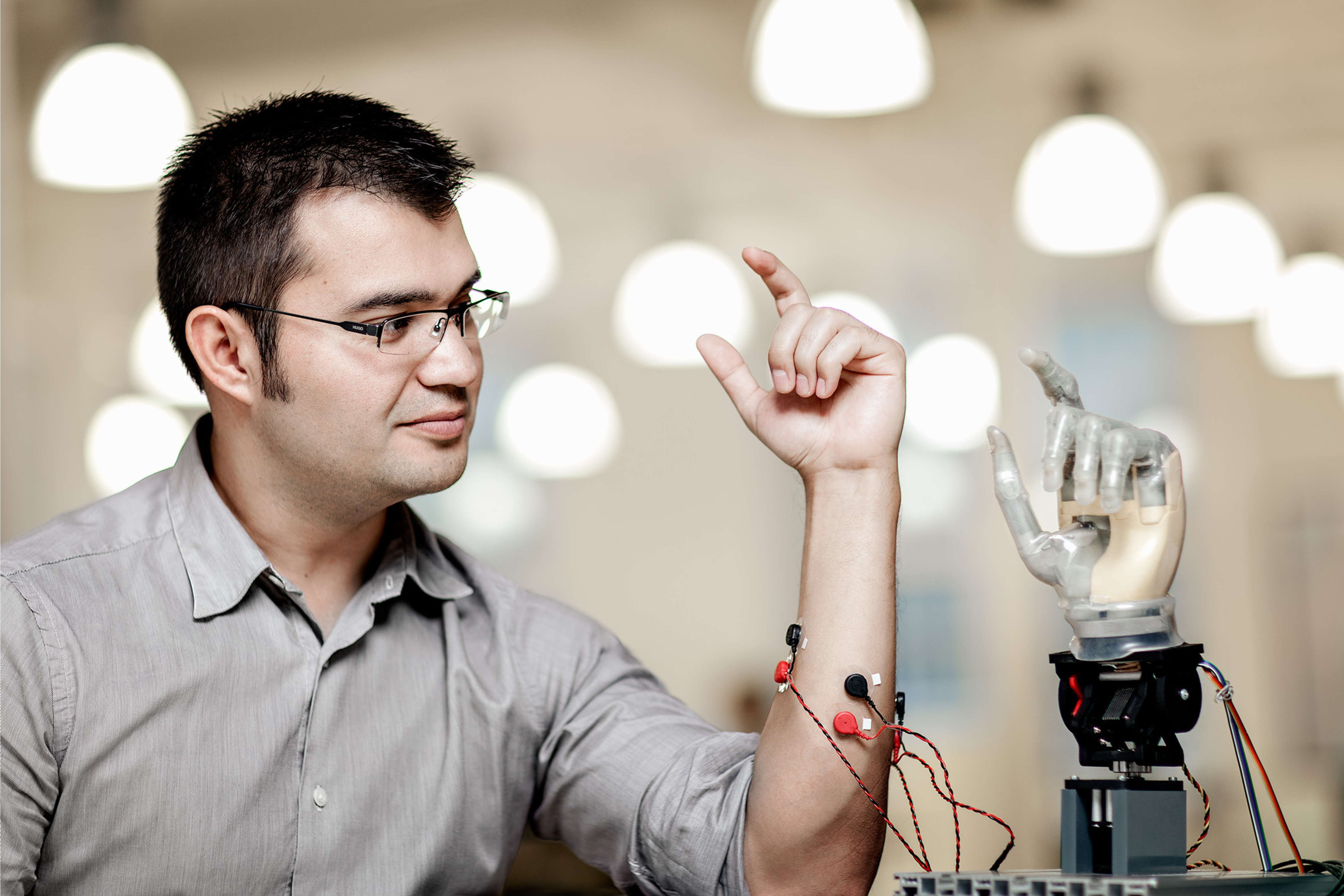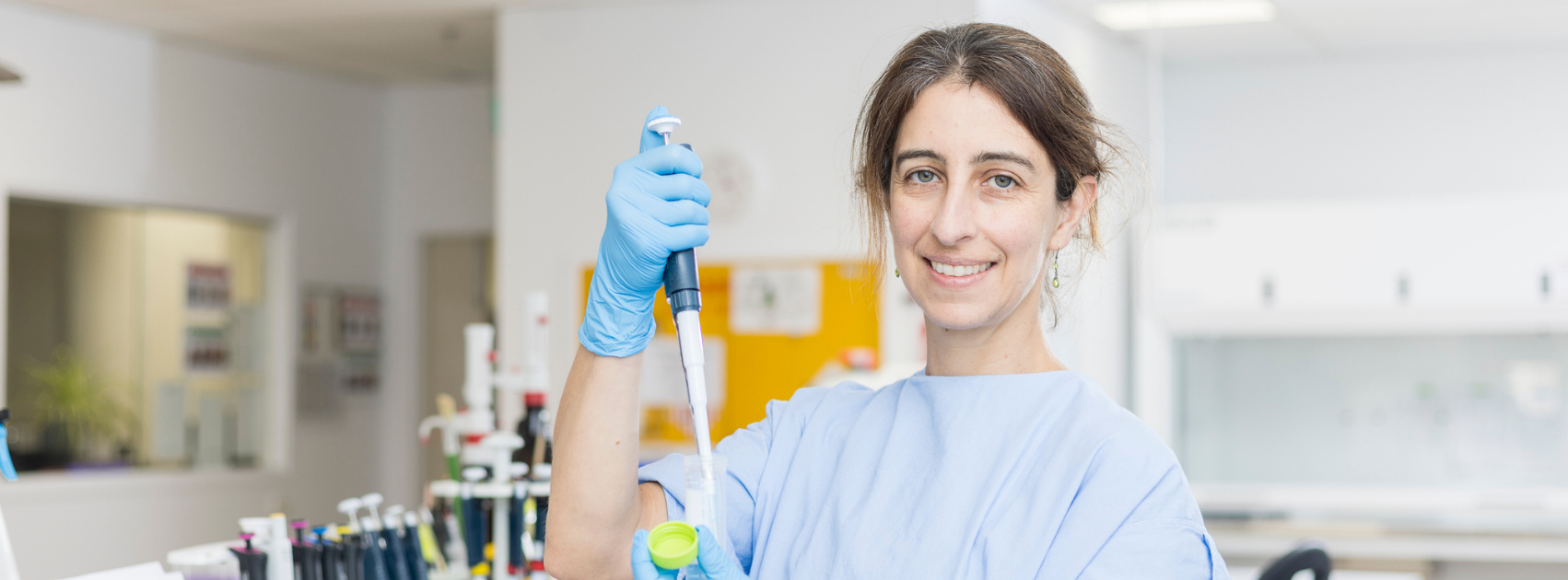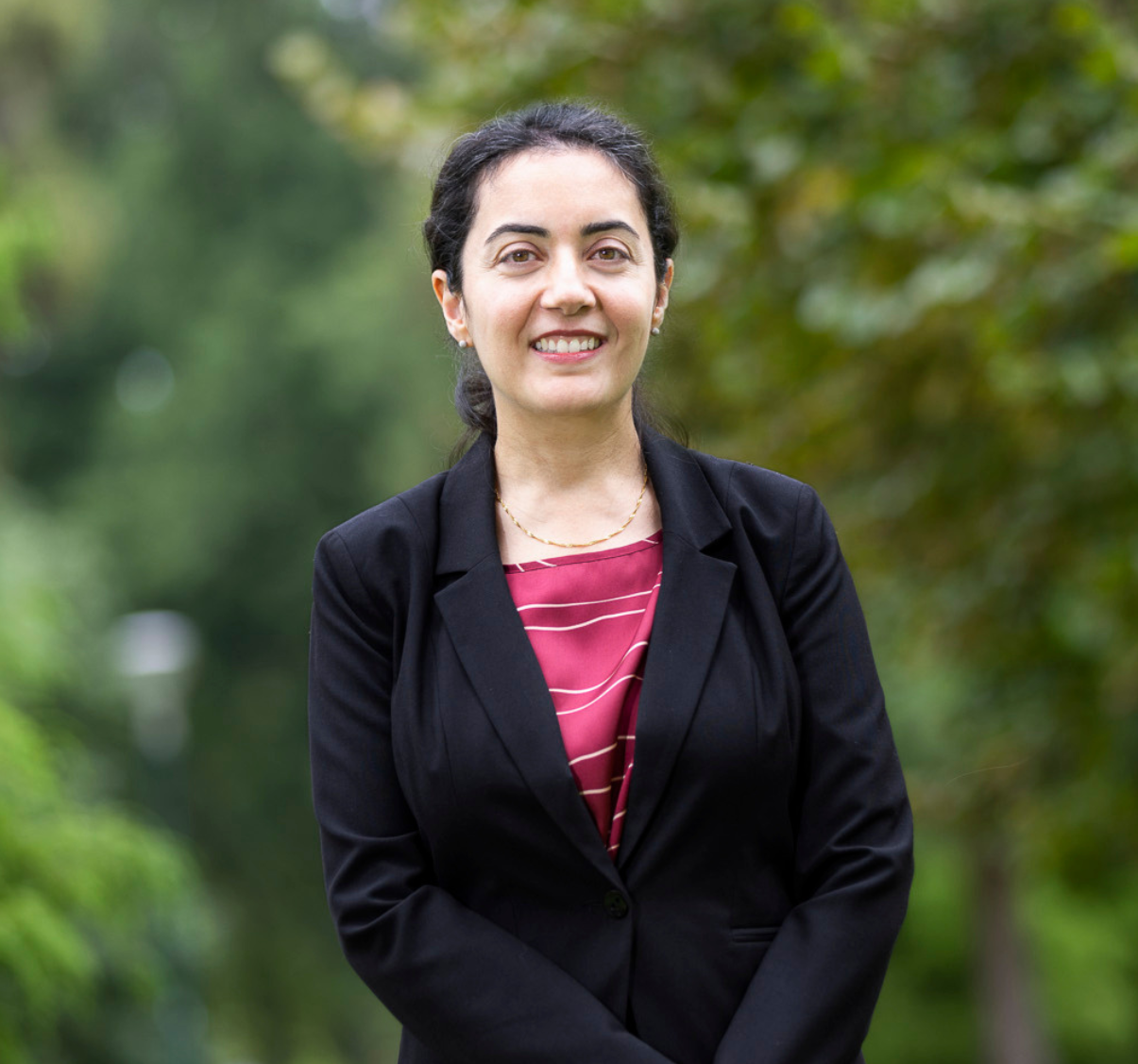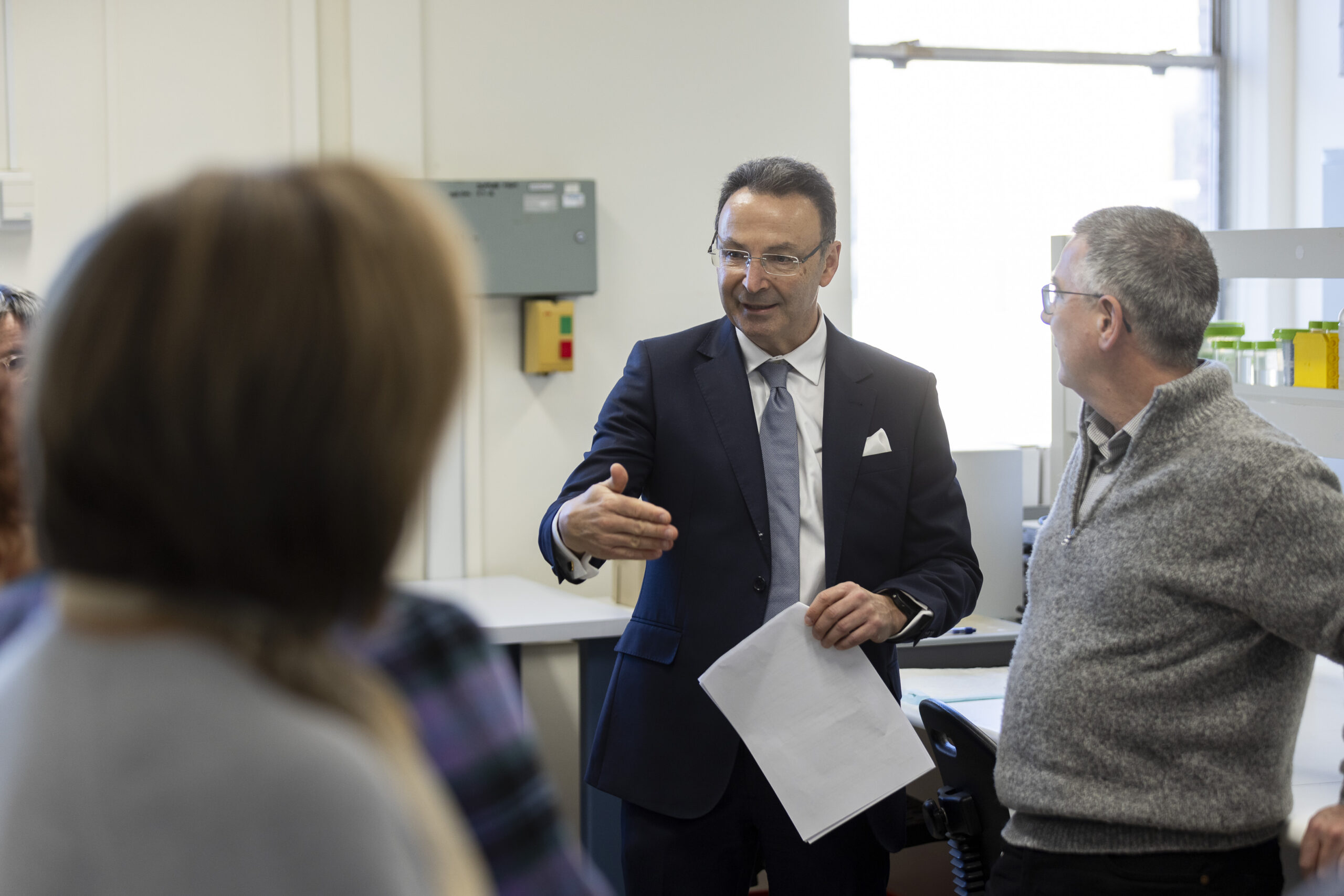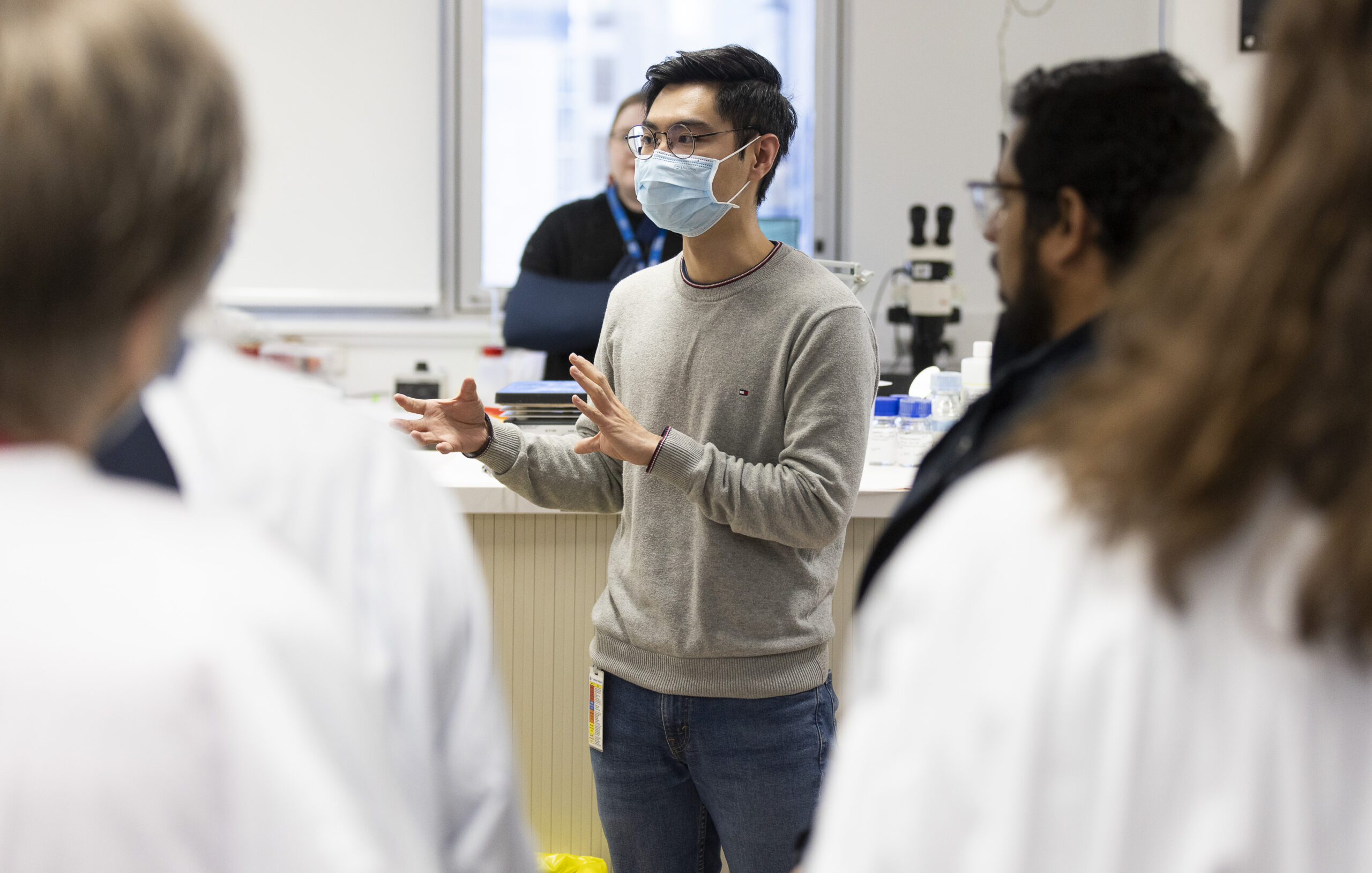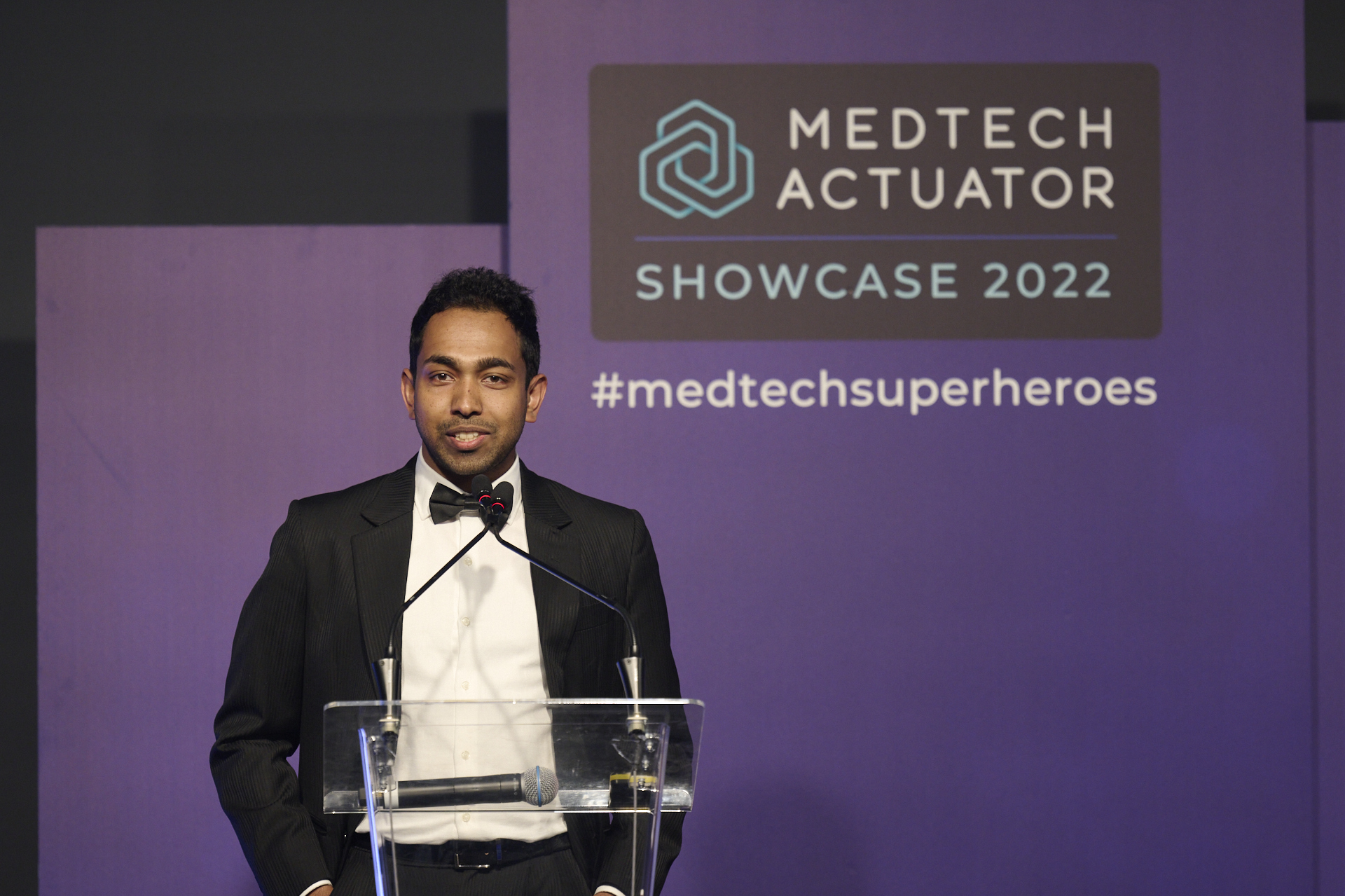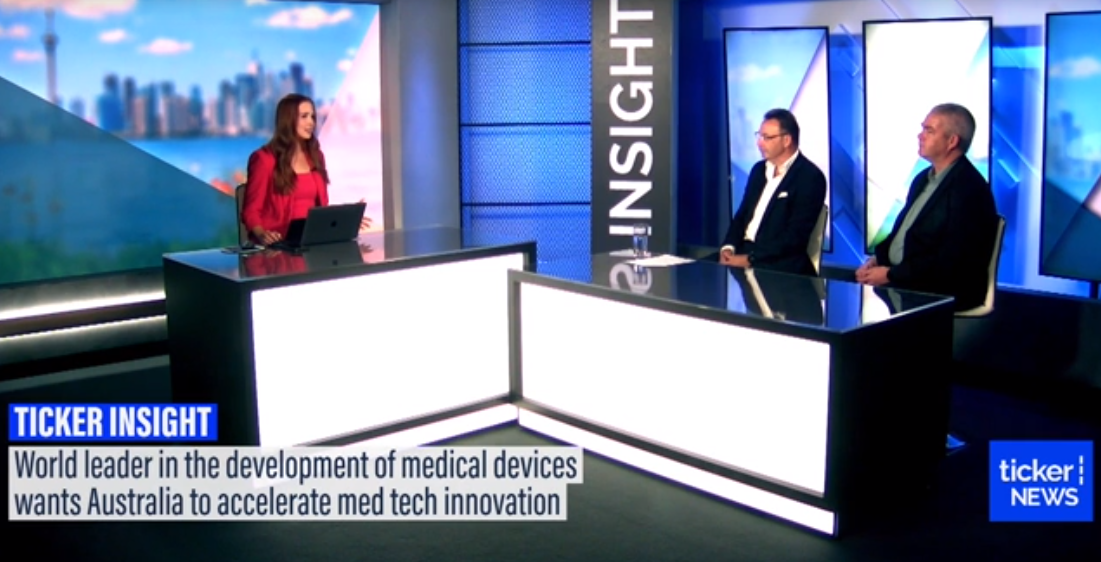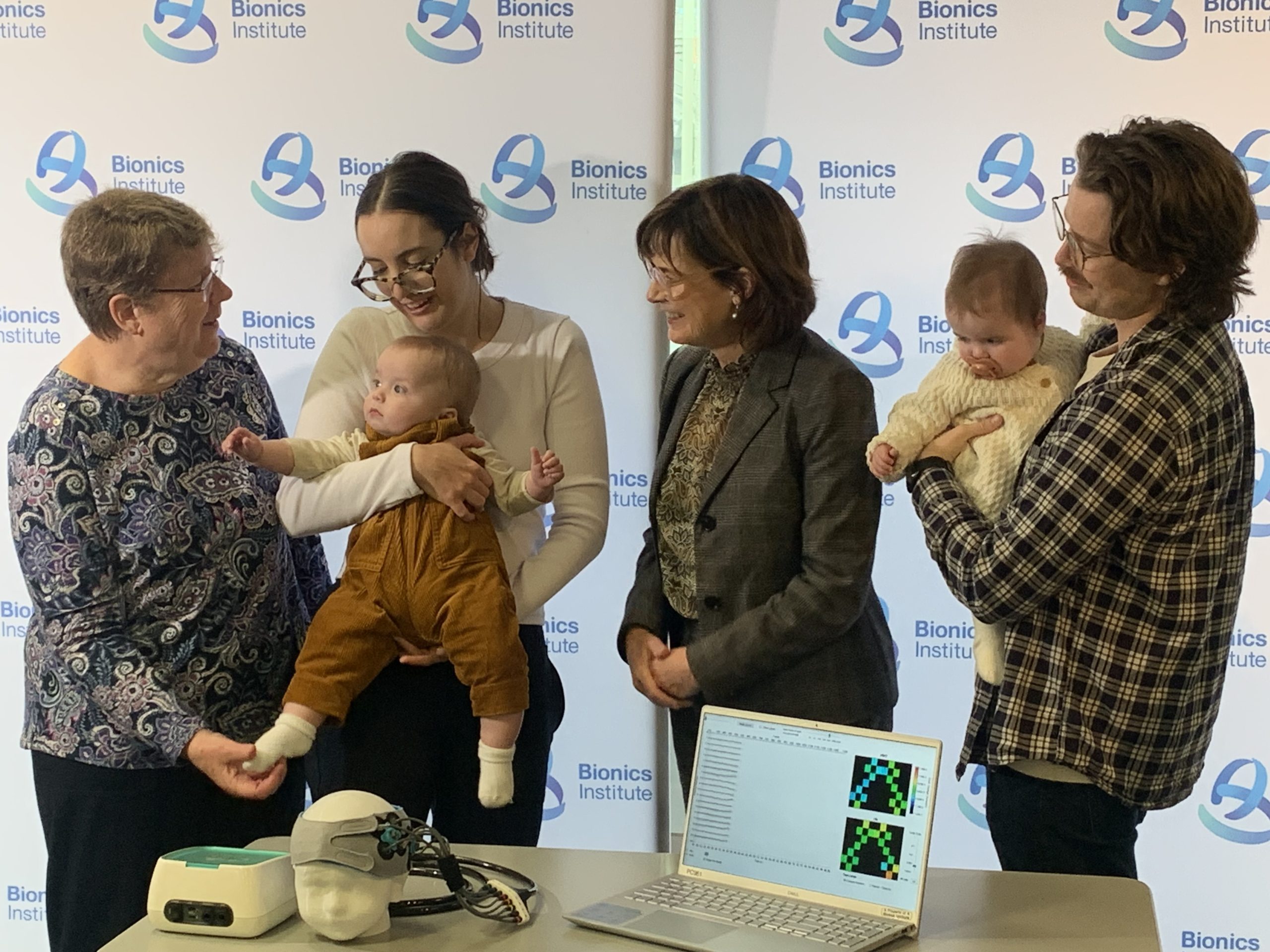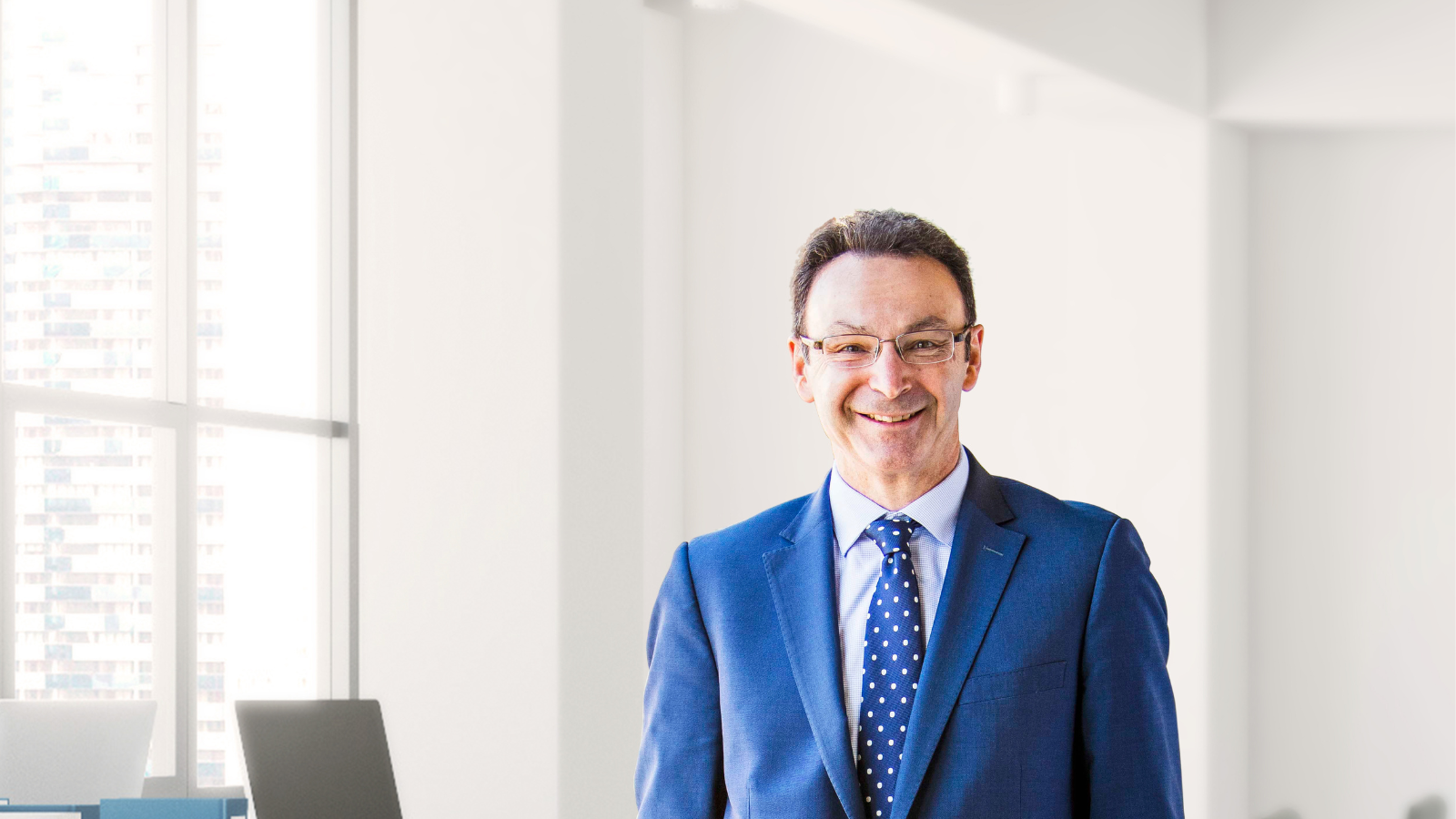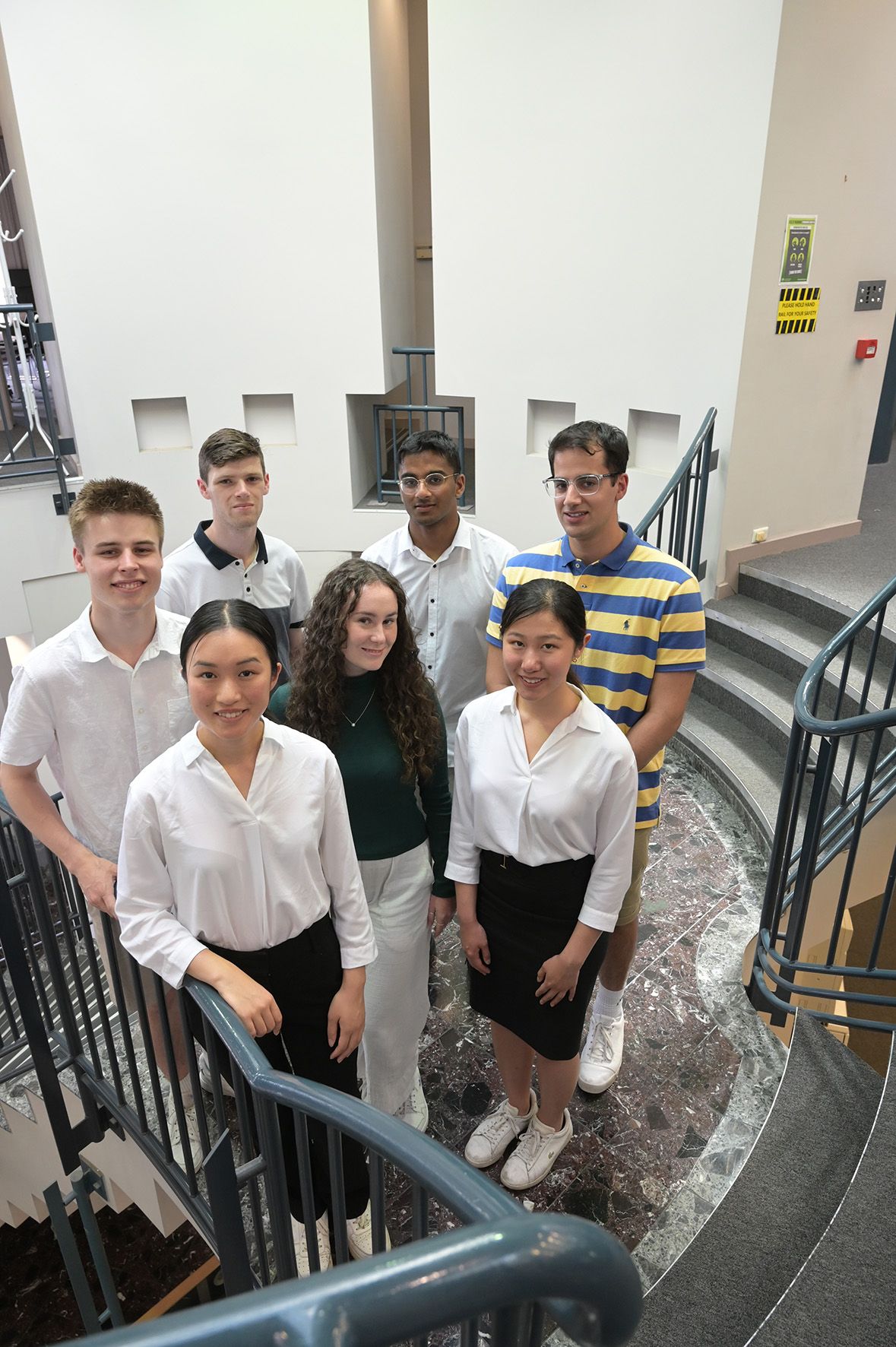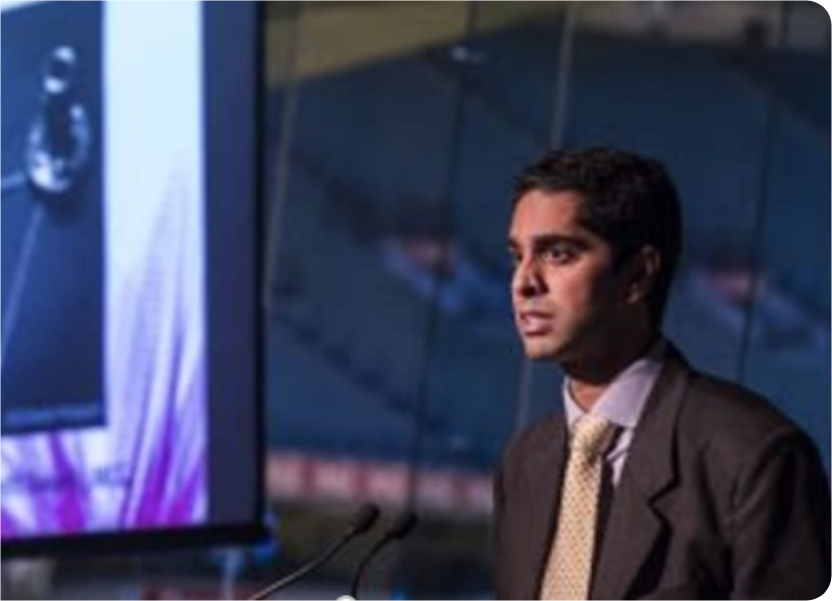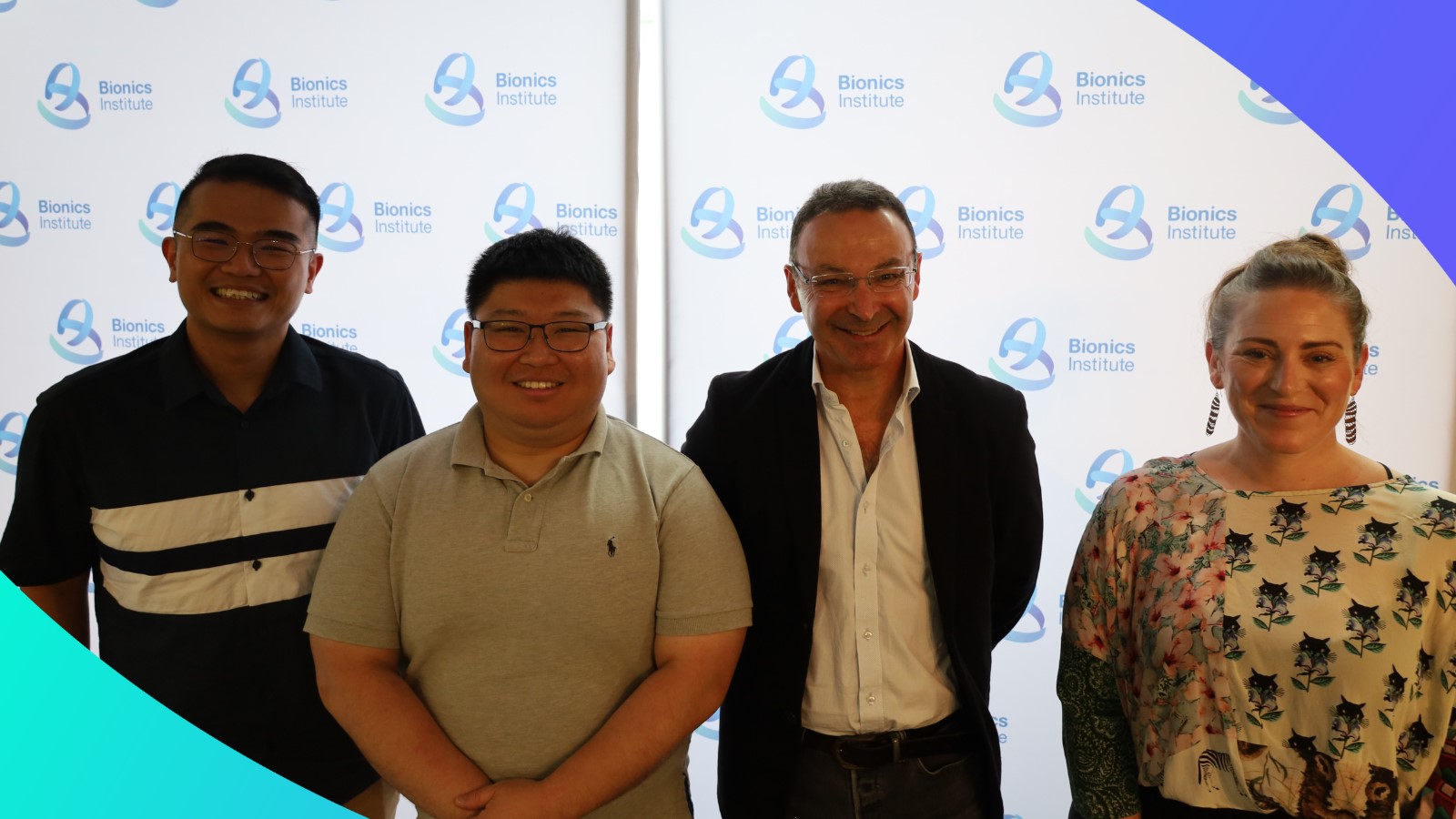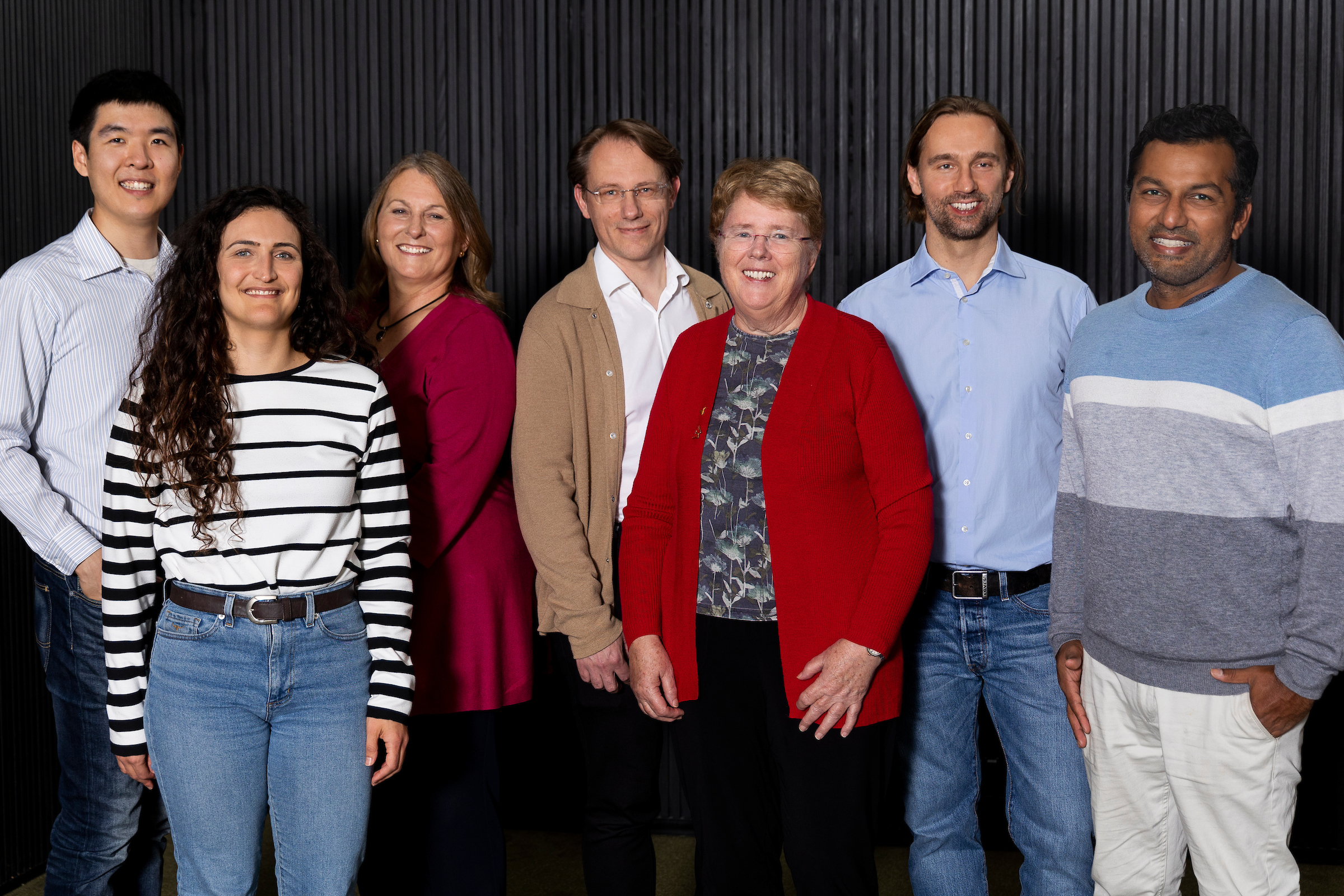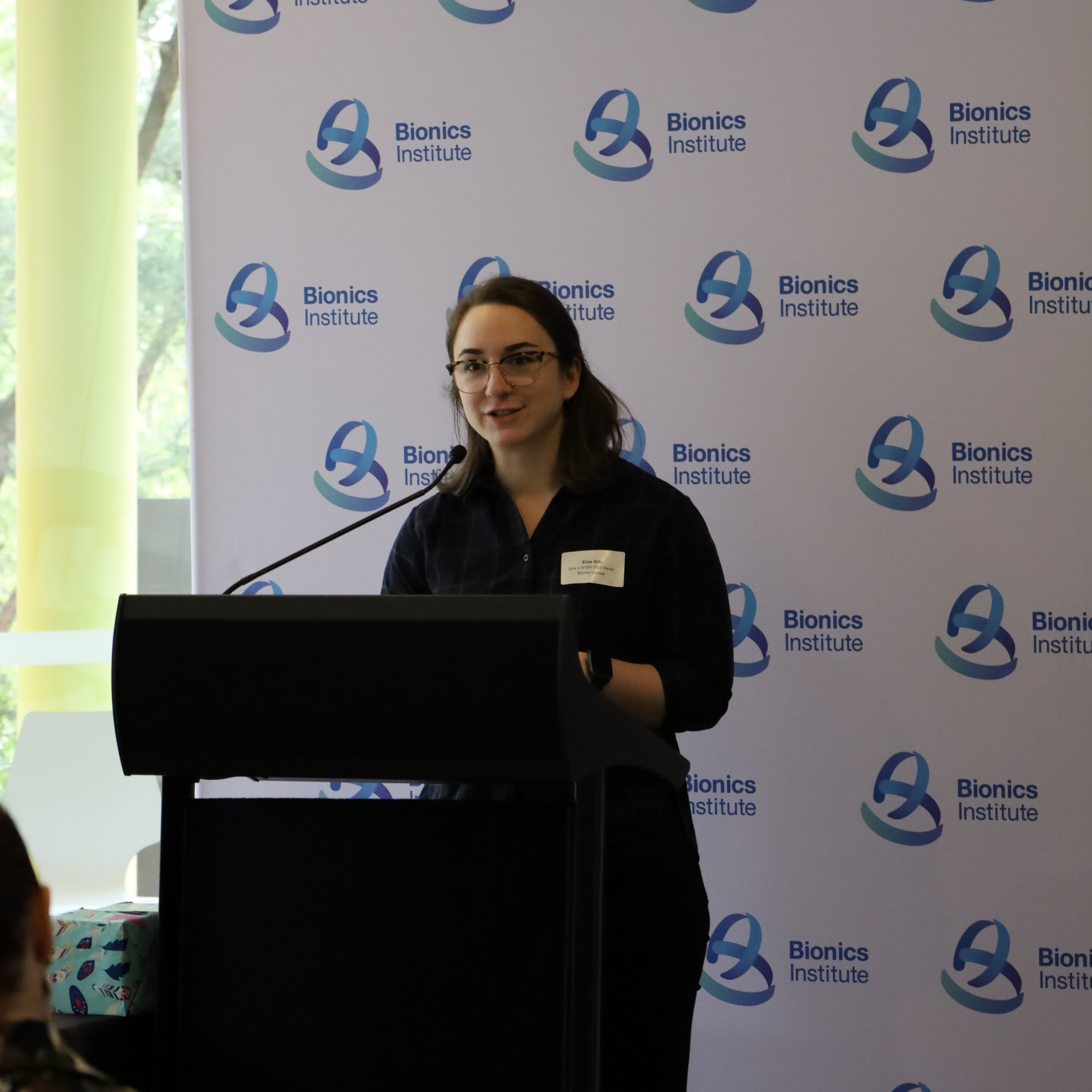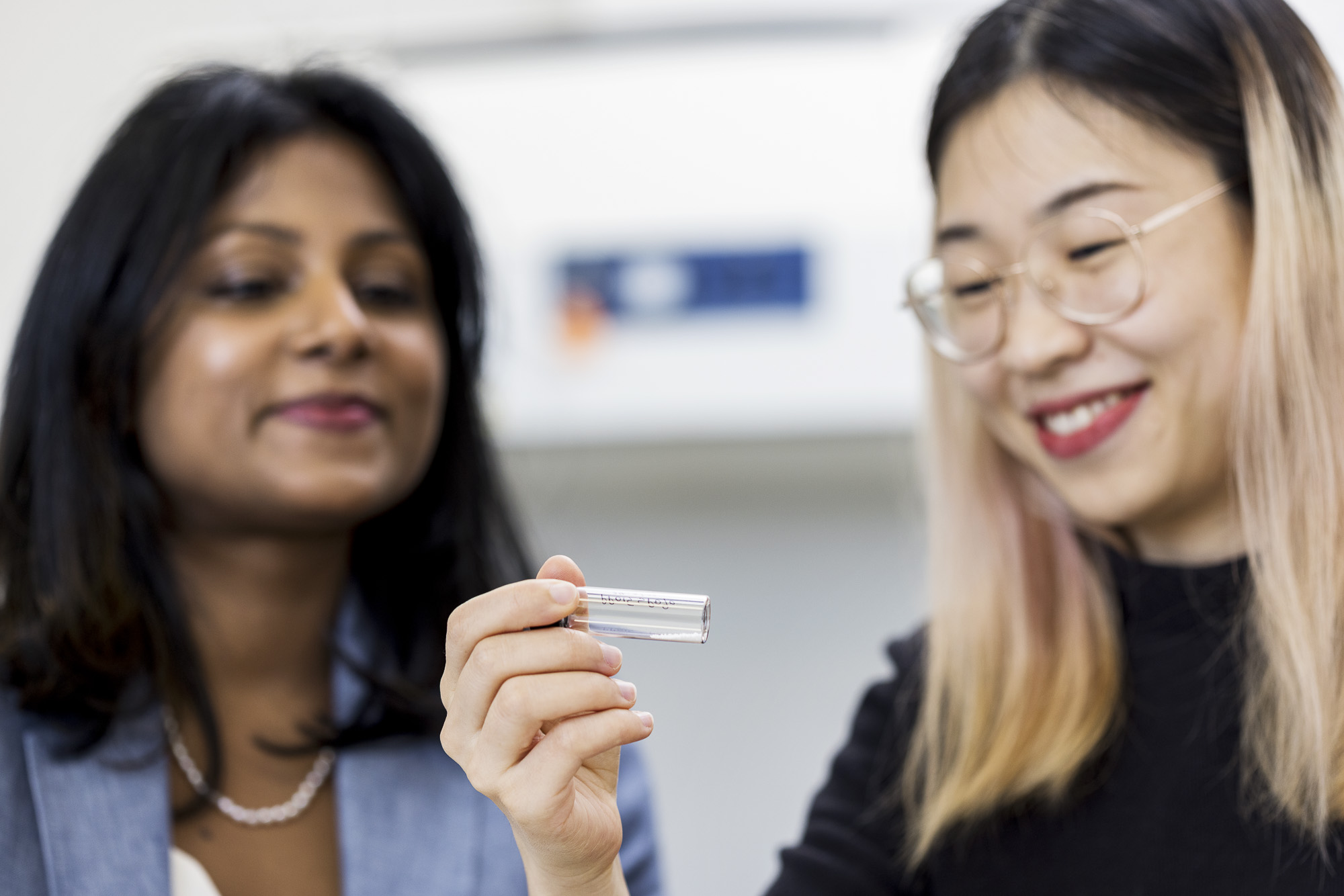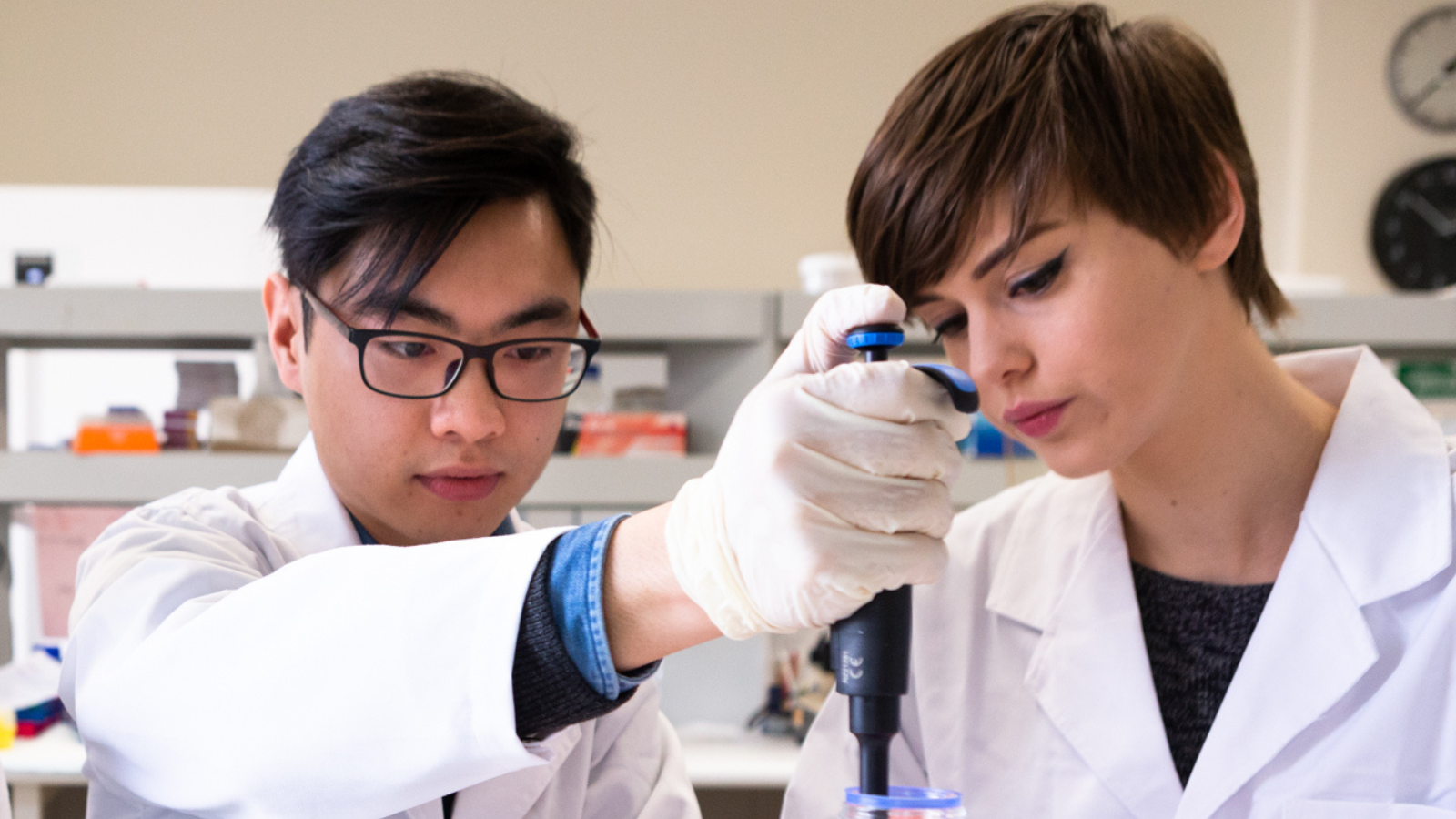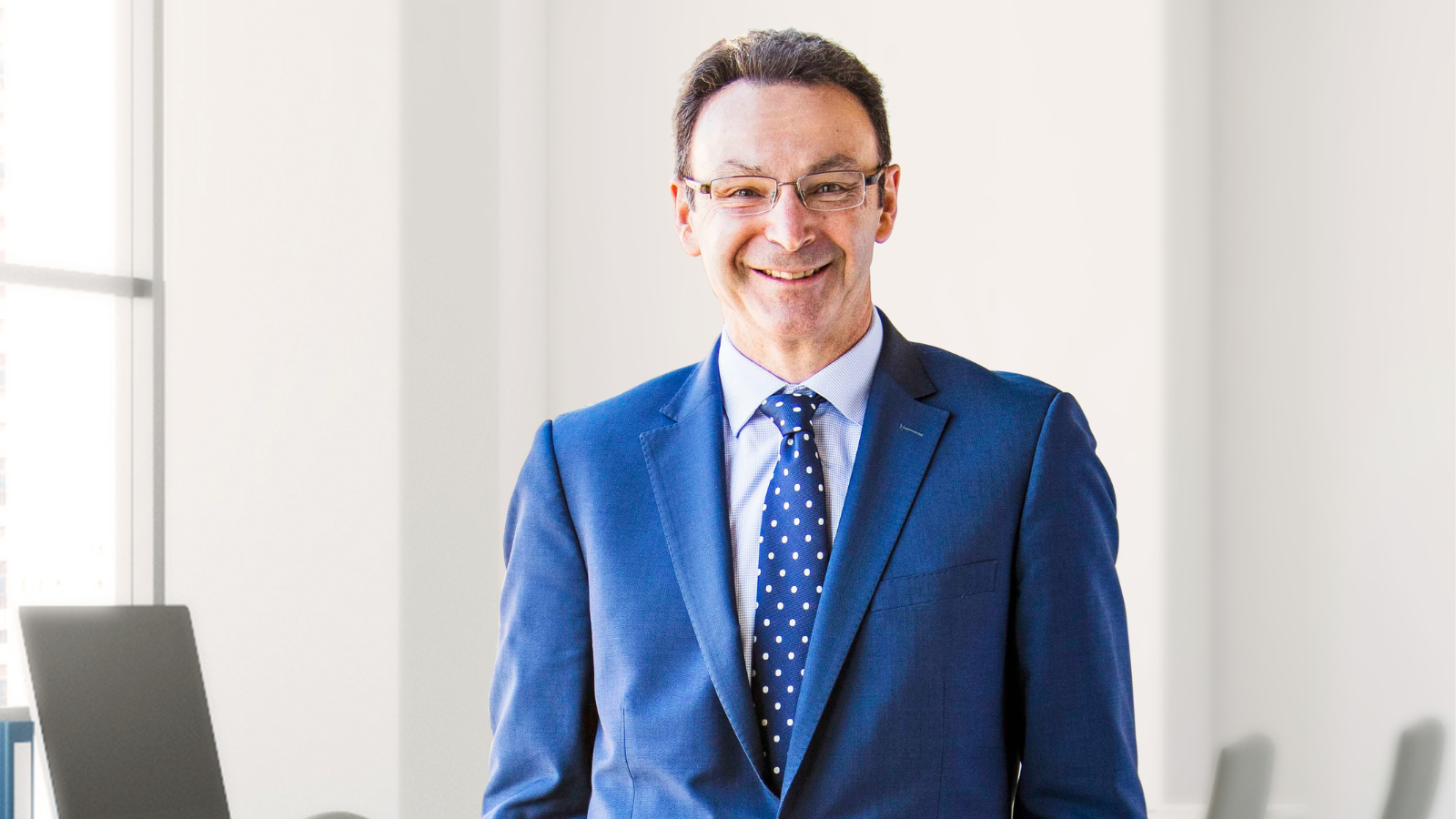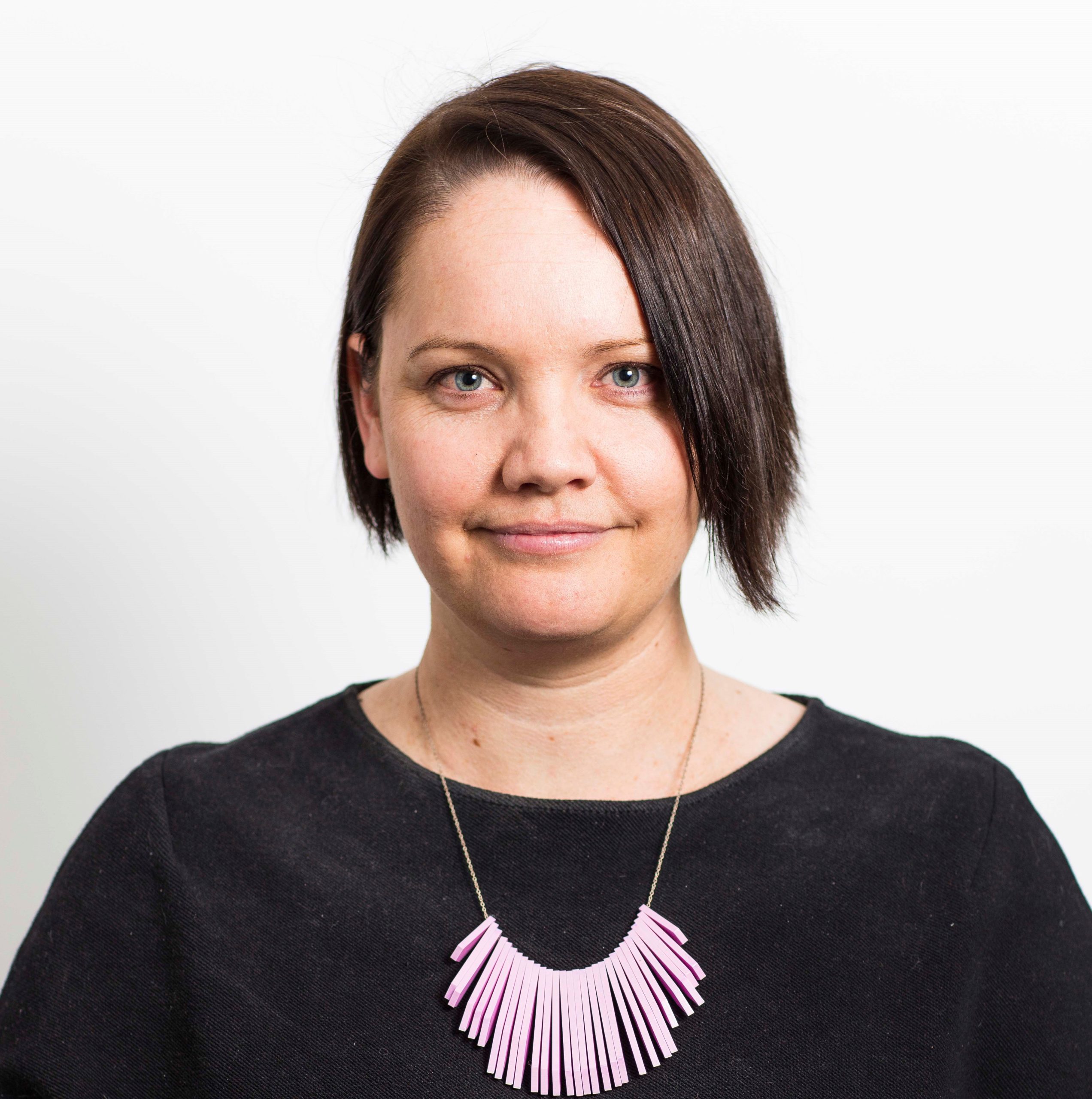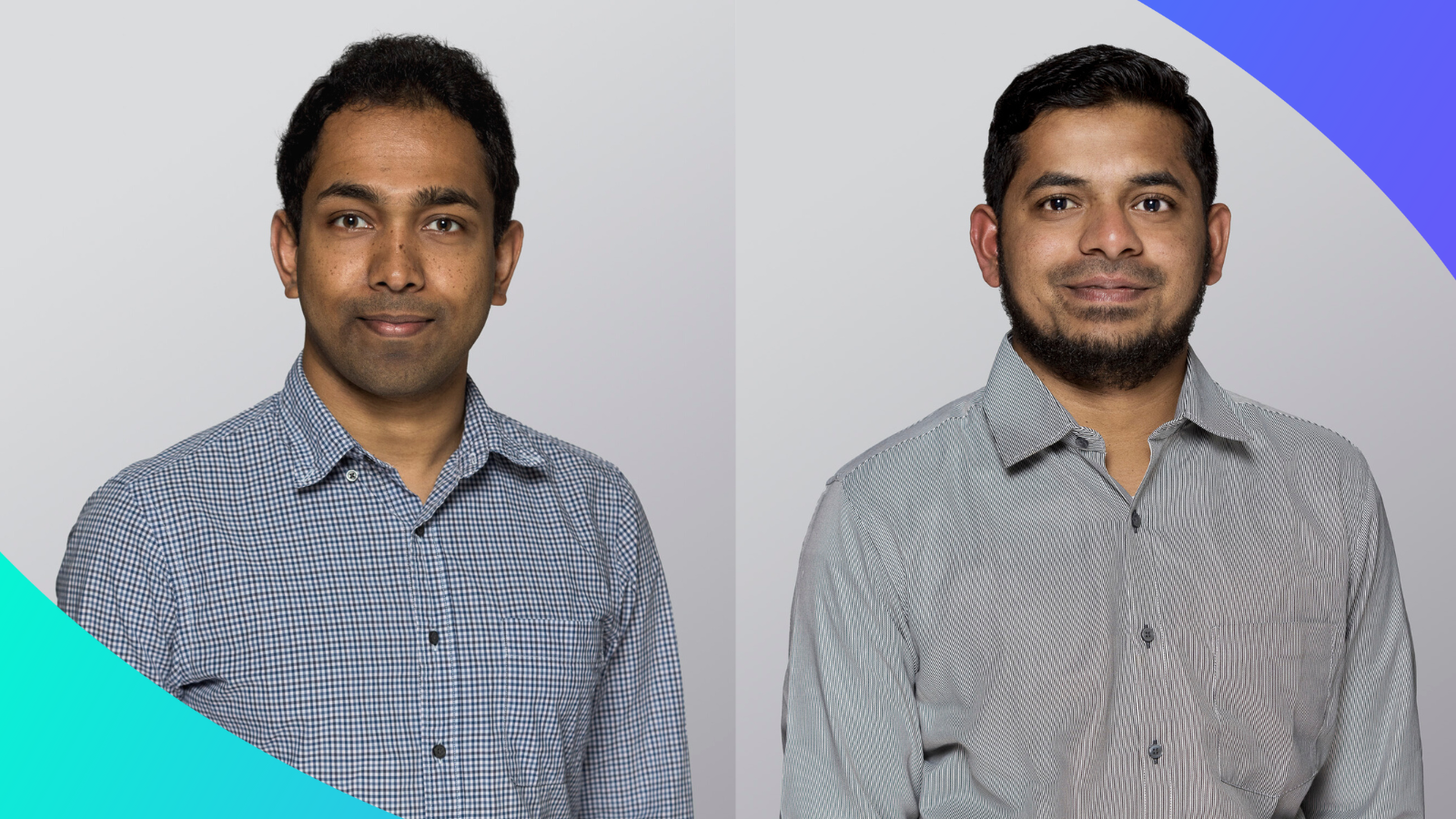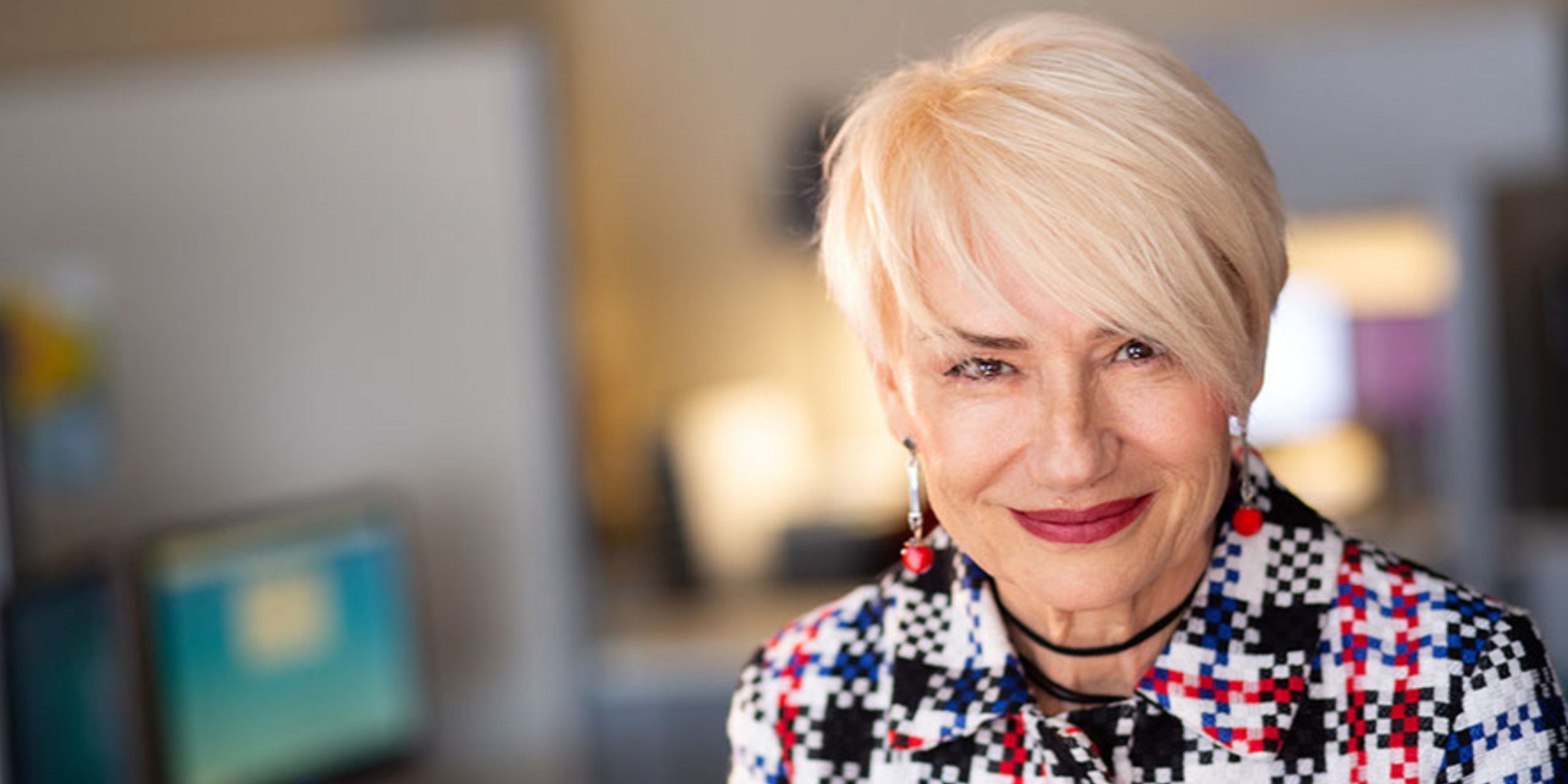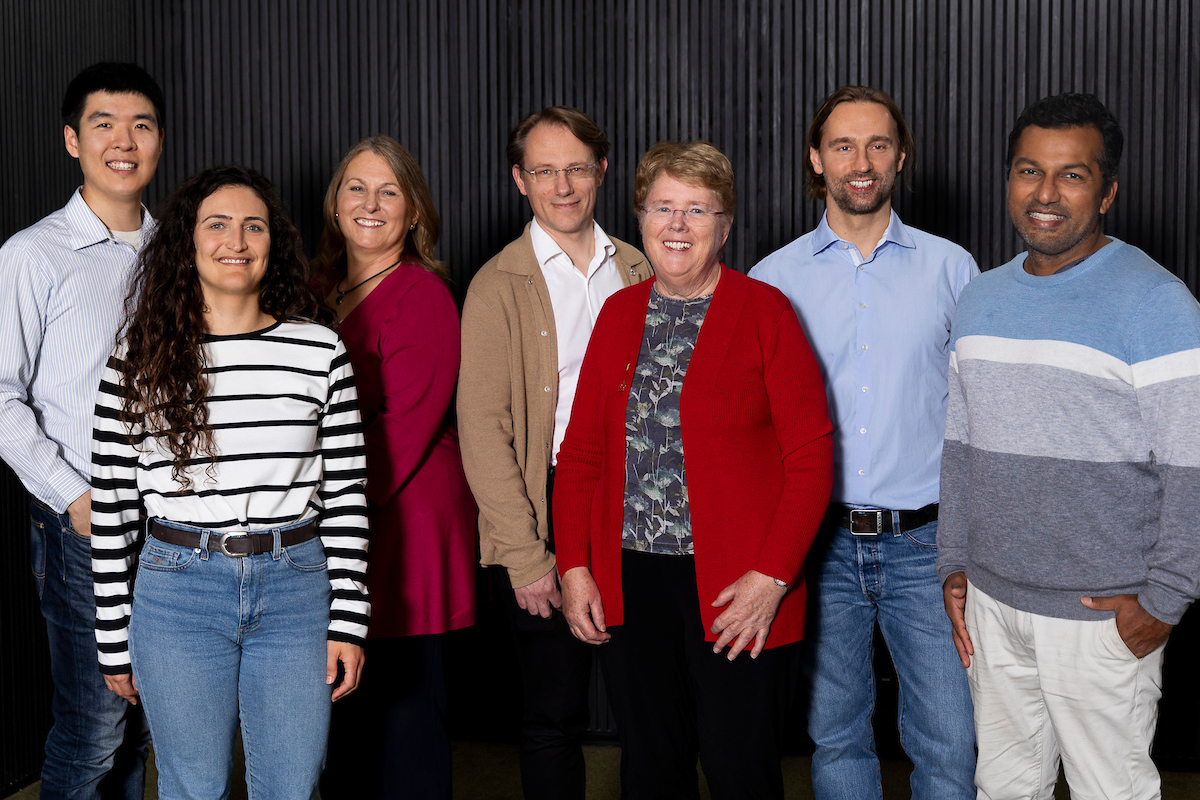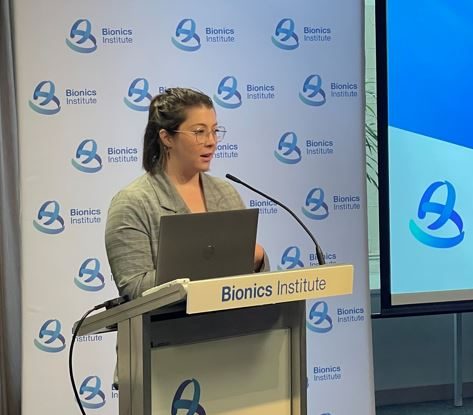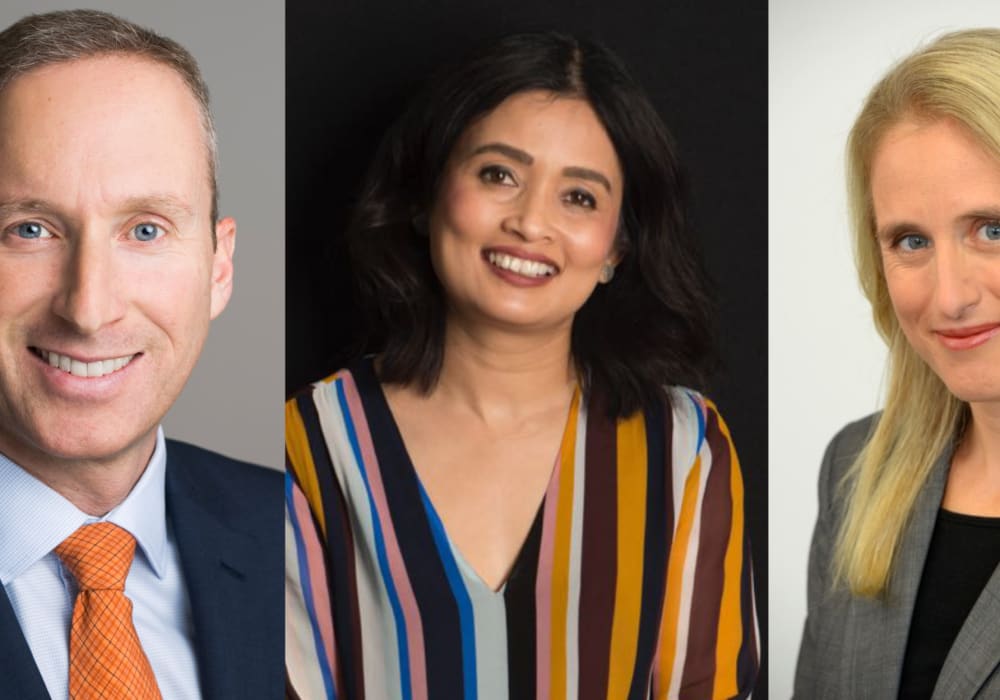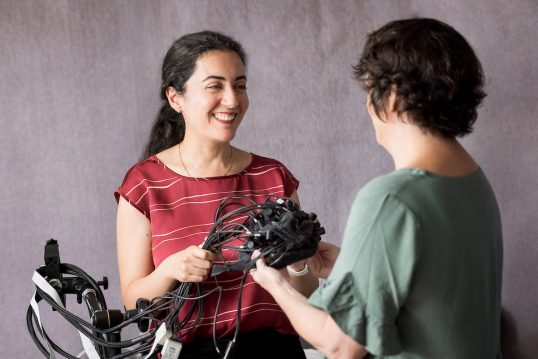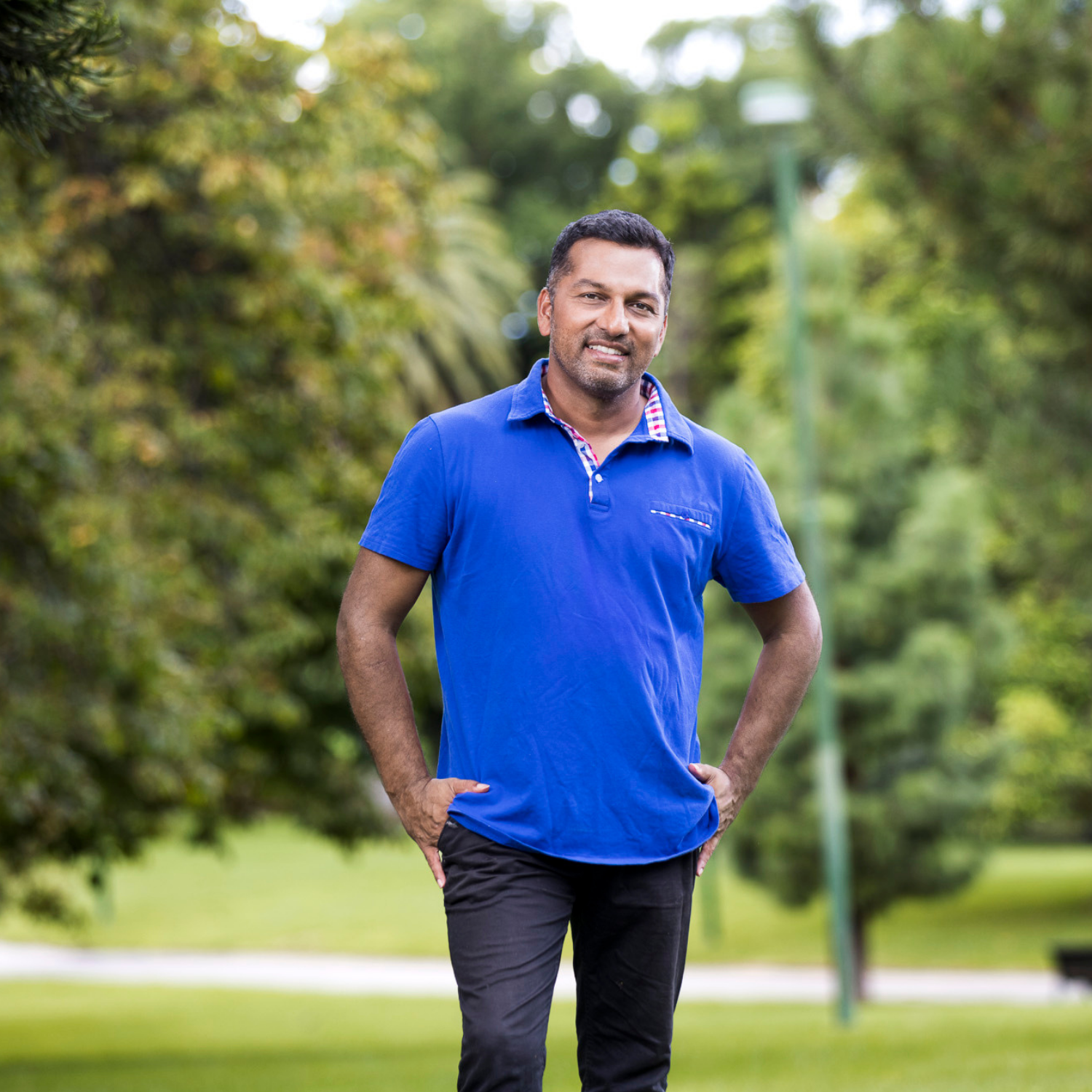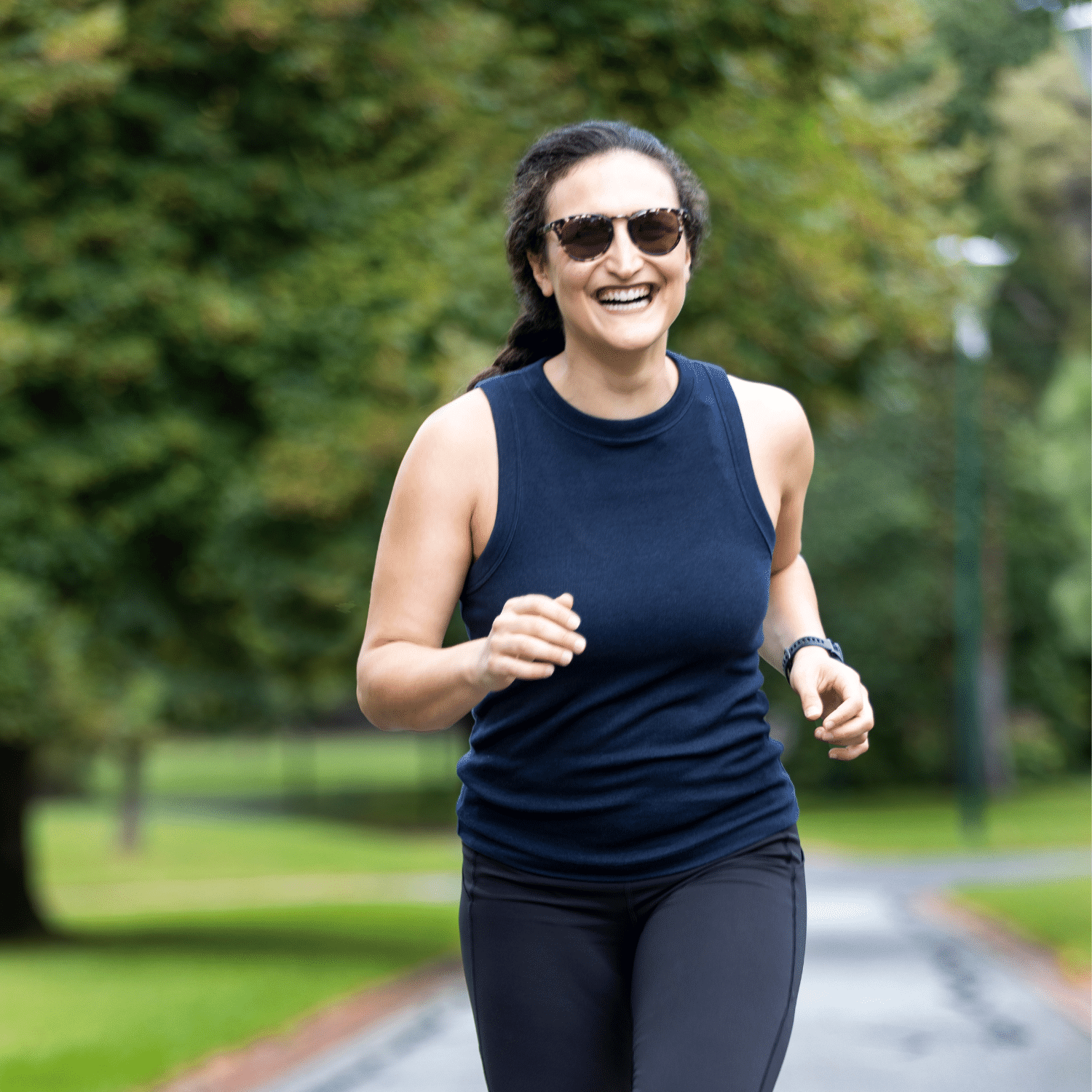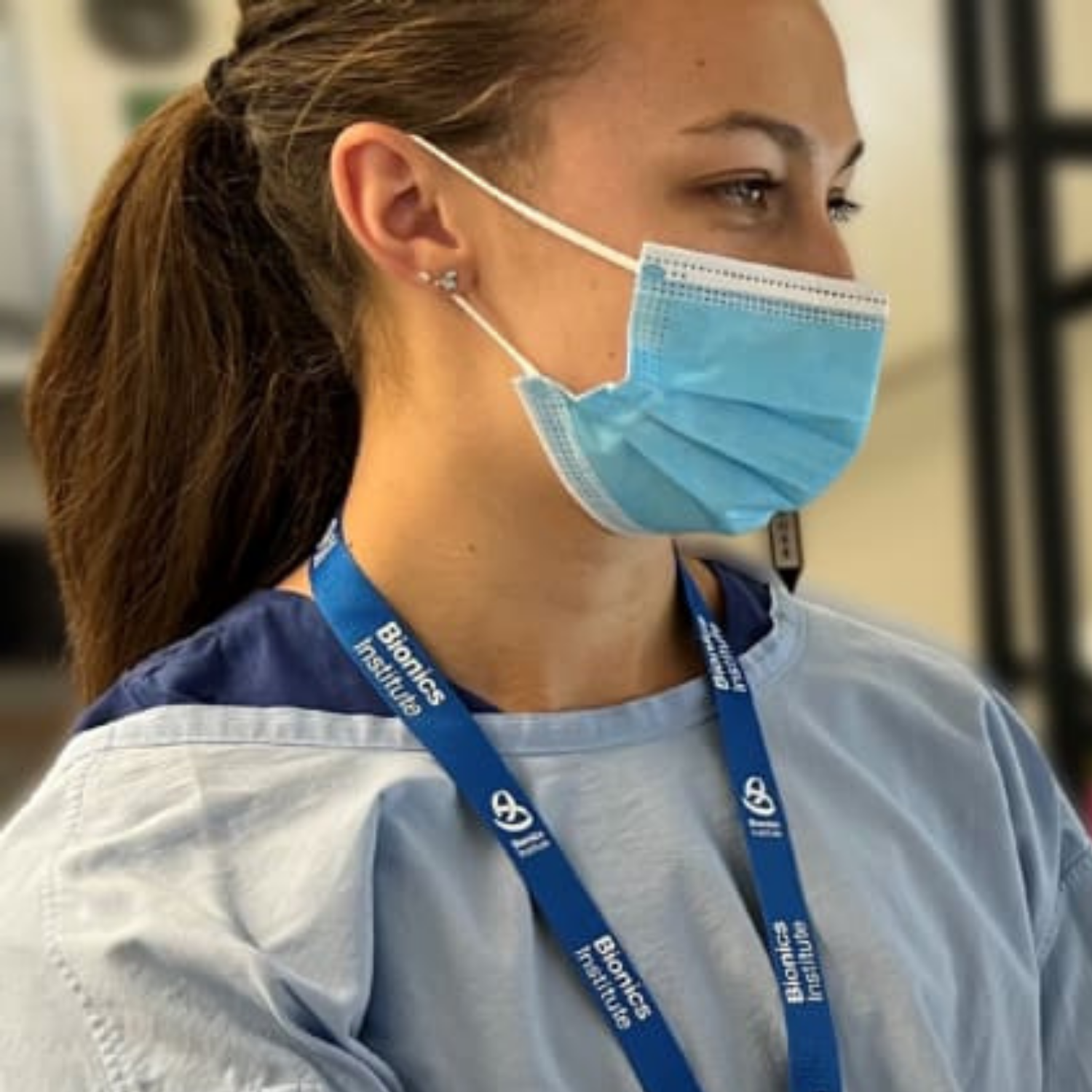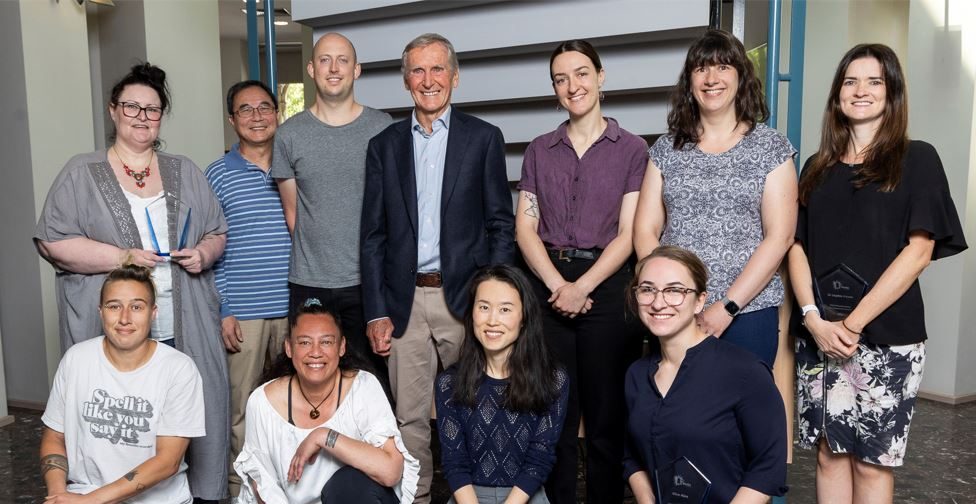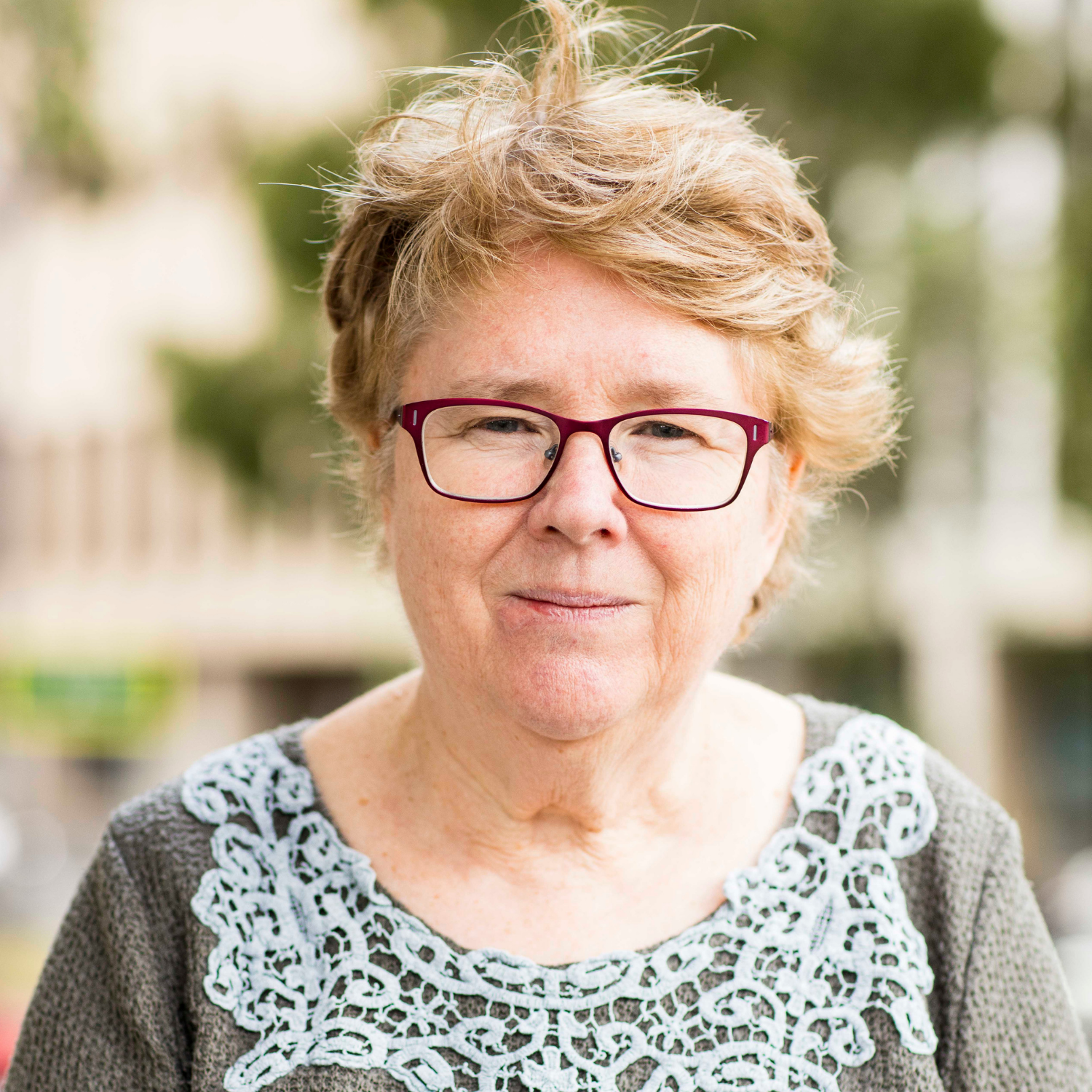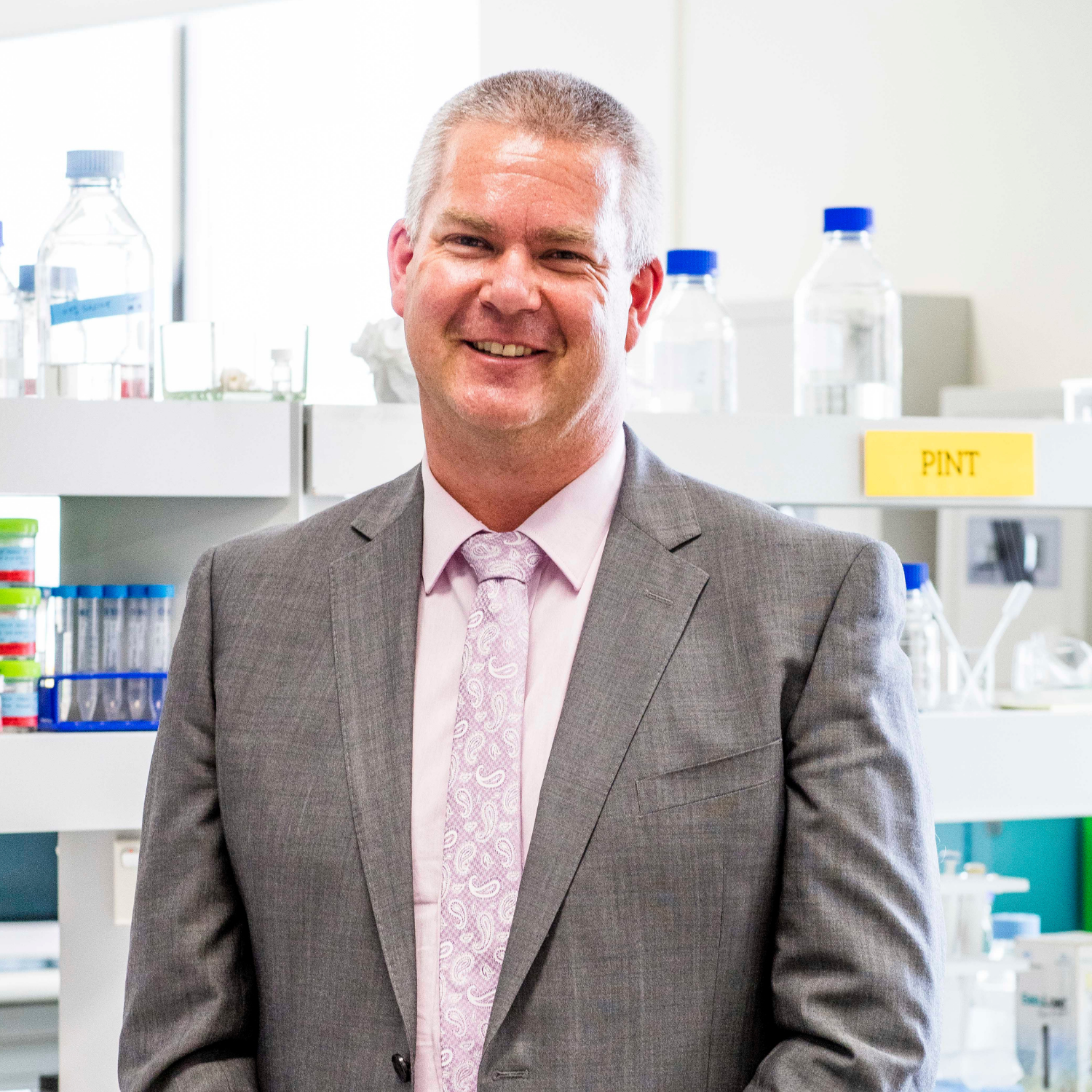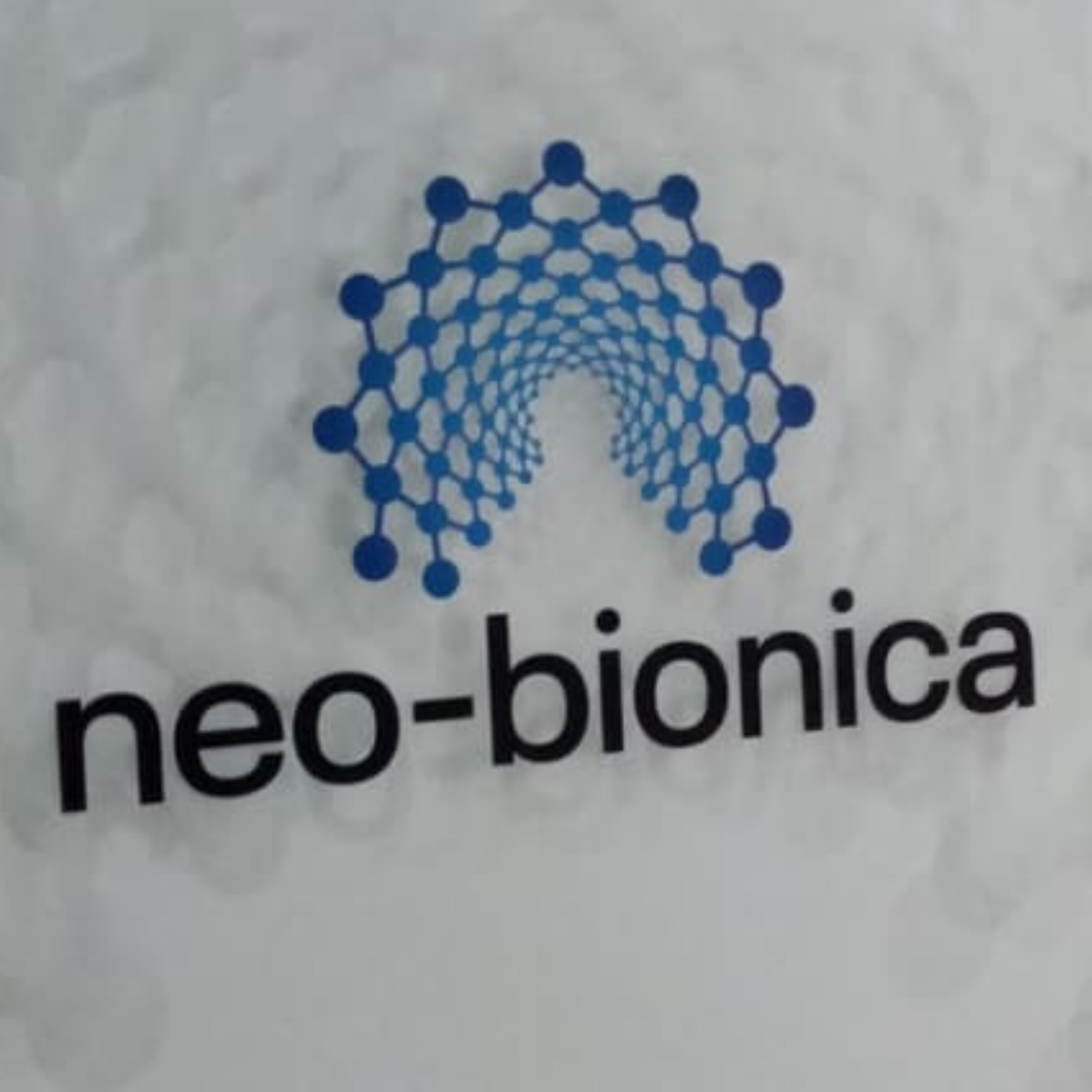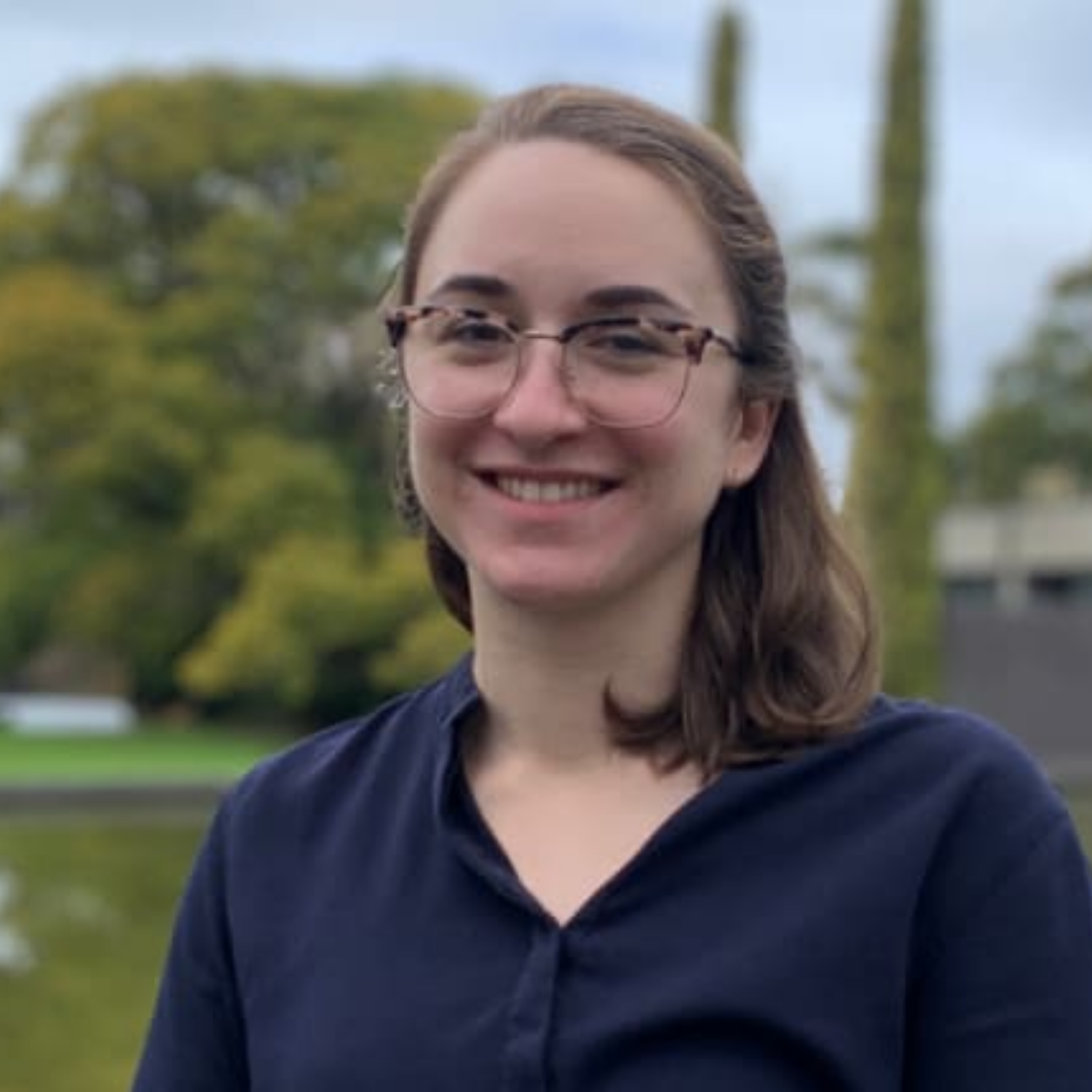Latest News
New Alzheimer’s disease research launches at the Bionics Institute
New Alzheimer’s disease research launches at the Bionics Institute with the recruitment of internationally recognised researcher, Professor Kate Hoy
We are thrilled to welcome Professor Kate Hoy and her team to the Bionics Institute to lead research into a new treatment for Alzheimer’s disease, the most common form of dementia.
Professor Hoy joins us from Monash University where she was Head of Interventional Neuropsychology and Deputy Director at the Epworth Centre for Innovation in Mental Health.
A qualified clinical neuropsychologist Professor Hoy is an internationally recognised brain stimulation researcher, and has led multiple clinical trials aimed at improving cognition in Alzheimer’s disease using brain stimulation.
Bionics Institute CEO Robert Klupacs says Professor Hoy’s arrival will add a new dimension to the ground-breaking research at the Bionics Institute and give hope to millions of people around the world affected by dementia.
“The use of transcranial magnetic stimulation in the research carried out by Professor Hoy’s team is a game-changer in the field because it’s a non-invasive treatment that shows promise of improving cognition, not only in Alzheimer’s disease but also in schizophrenia and head injury.”
Professor Hoy’s research has been awarded over $7M in funding to date and she has published over 125 scientific journals. She is also a passionate and active science advocate and mentor. She is part of the ATSE Industry Mentoring Network, has been in the Global STEM Alliance Initiative, and has worked with the Australian Academy of Science since 2012 on a number of diversity and inclusion initiatives.
She said: “I have long admired the work of the Bionics Institute because of its reputation in translating research outcomes into clinical programs. It is an honour to follow in the footsteps of Professor Graeme Clark and make a difference to the lives of people with cognitive impairment.”
I look forward to collaborating with my fellow researchers and progressing our transcranial magnetic stimulation technology to a product used in clinics around the world.”




